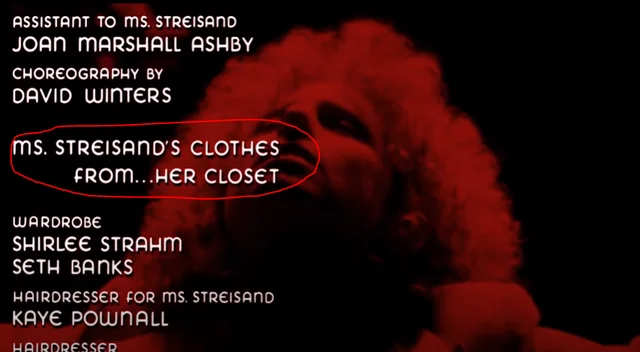Last updated on August 21st, 2025 at 08:45 pm
Think you know your favorite films inside and out? Think again. Tucked into the corners of iconic movies are clever nods, visual gags, and storytelling flourishes that most viewers will miss on the first (or fifth) watch.
From bizarre props to background cameos linking entire cinematic universes, these brilliant hidden details prove that filmmakers sweat every pixel, and that a movie’s magic often lies in what you almost didn’t see.
Saving Private Ryan
The Omaha Beach sequence in Saving Private Ryan (1998) was so realistic that the U.S. Department of Veterans Affairs set up a hotline to support veterans who found the film triggering.
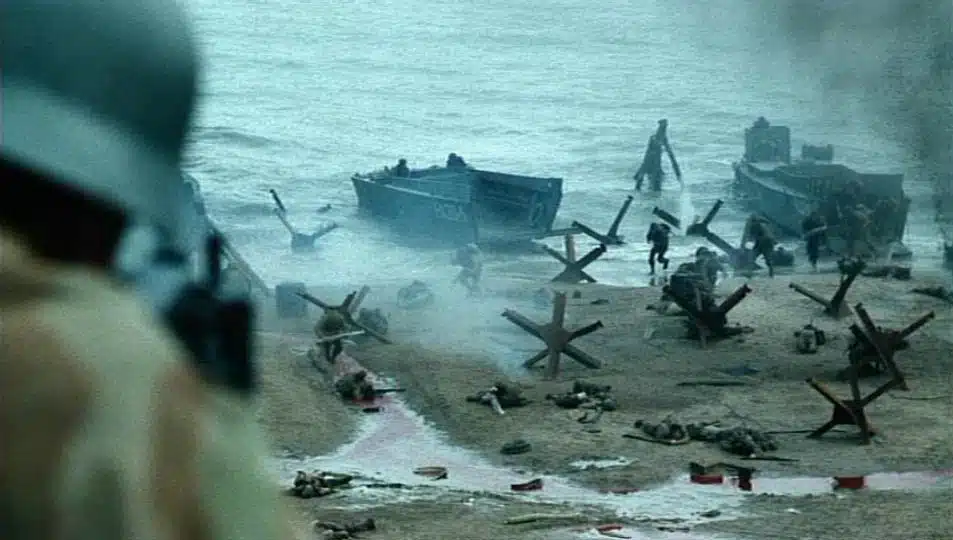
Baby Driver
In Baby Driver (2017), the robbers were meant to wear masks of Michael Myers from Halloween (1978), but the rights fell through. Director Edgar Wright instead asked comedian Mike Myers if they could use masks of his own likeness. He loved the joke and agreed.
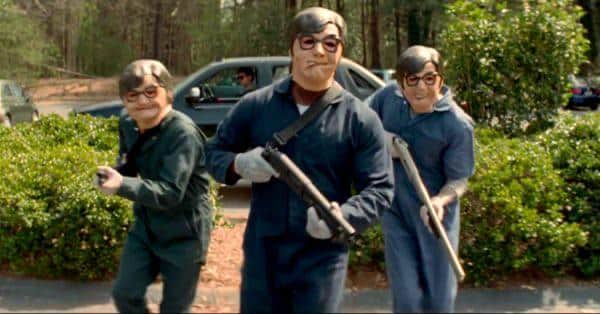
Goodfellas
While shooting Goodfellas (1990), Robert De Niro disliked the feel of prop bills and insisted on using real cash. The prop master withdrew several thousand dollars of his own money, and after each take, every bill was painstakingly counted before anyone could leave the set.

Interstellar
For Interstellar, Christopher Nolan cultivated 500 acres of corn to provide authentic farm scenes instead of using CGI. After filming, he sold the harvest, turning a profit that helped offset production costs.
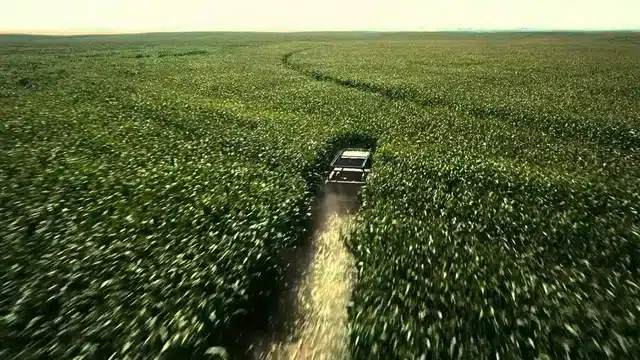
American Psycho
In American Psycho (2000), Willem Dafoe shot every Detective Kimball encounter in three versions: one where he’s sure Bateman is the killer, one where he merely suspects him, and one where he’s clueless. Editors then blended these takes so viewers could never pin down exactly what Kimball knew.

WALL-E
In WALL-E (2008), the first shot shows wind turbines and nuclear reactors rising from garbage mountains, showing that humanity began adopting clean energy only after the planet was ruined.

Interstellar
In Interstellar, the water-planet scene features a rhythmic tick in the score every 1.25 seconds. Each one represents an entire day passing on Earth.
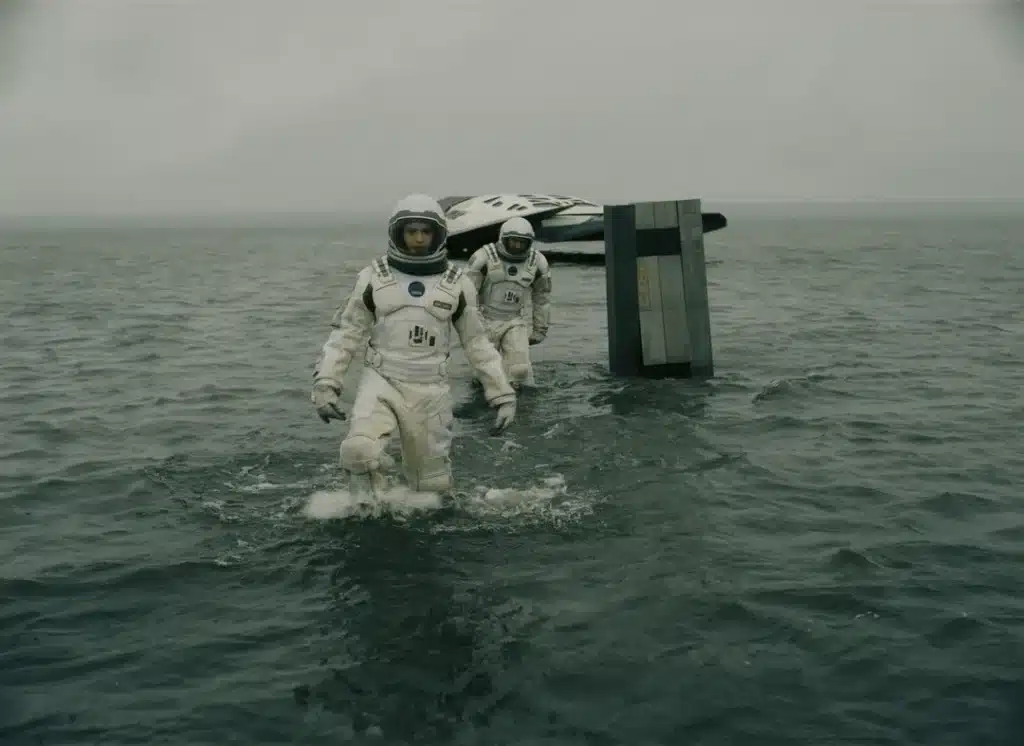
Troy
For their climactic duel in Troy (2004), Brad Pitt and Eric Bana didn’t use stunt doubles and struck a deal: they’d pay each other $50 for each stray light hit and $100 for a hard one. Pitt’s tab reached $750, while Bana’s was $0.
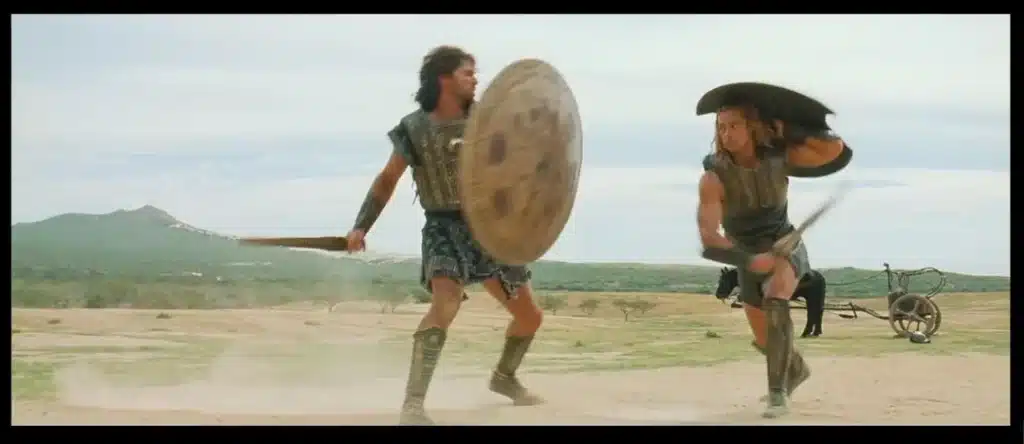
Joker
At the beginning of Joker (2019), a recognizable face appears in the mirror.

Kingpin
In Kingpin (1996), Bill Murray ad-libbed nearly every line as Ernie McCracken and, before a live crowd, rolled three consecutive strikes in a single take, so the thunderous cheers are genuine.
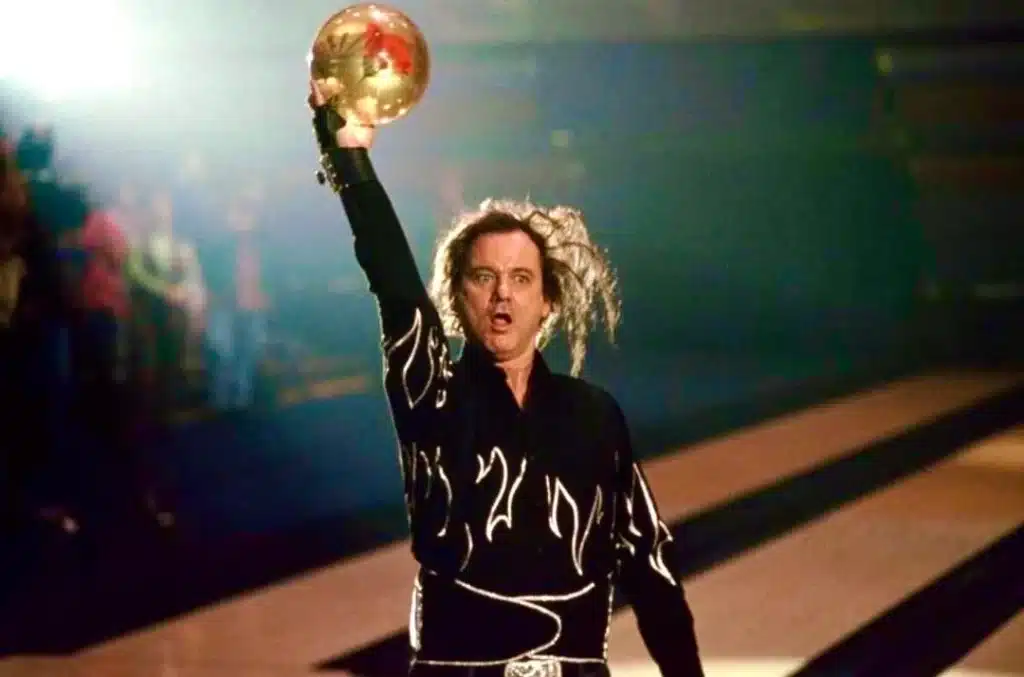
Mulan
Mulan (1998) only features musical numbers in the first half. Once the characters find the destroyed village, songs were avoided because the tone was meant to be darker.
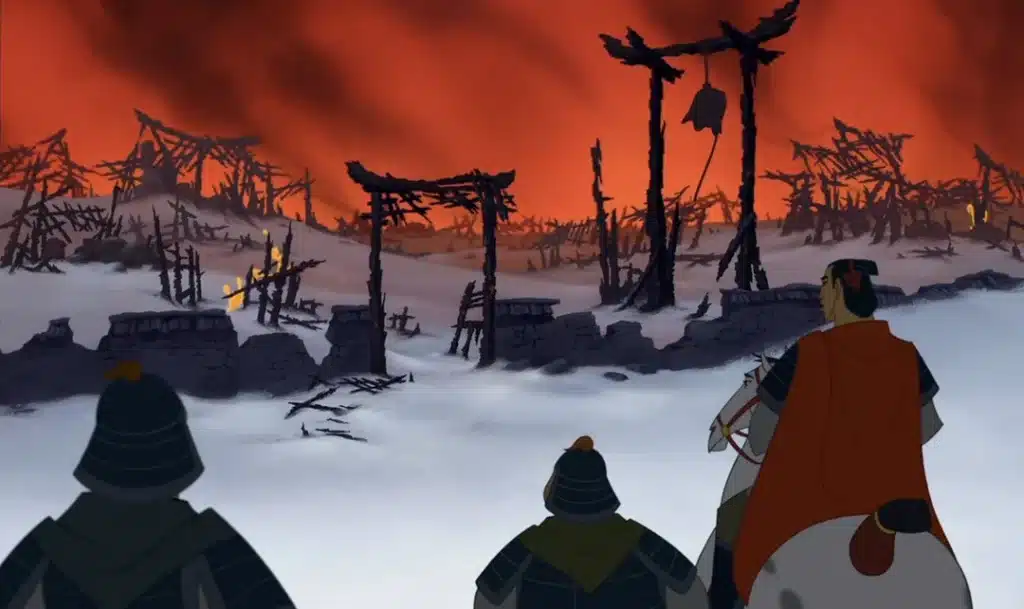
Rogue One
In the 1977 Star Wars, the Death Star assault was supposed to feature Red and Blue Squadrons, but blue-screen conflicts forced the filmmakers to rename Blue Squadron as Gold. Rogue One (2016) brings back Blue Squadron for the Scarif, where it is wiped out, explaining its absence in the original film.
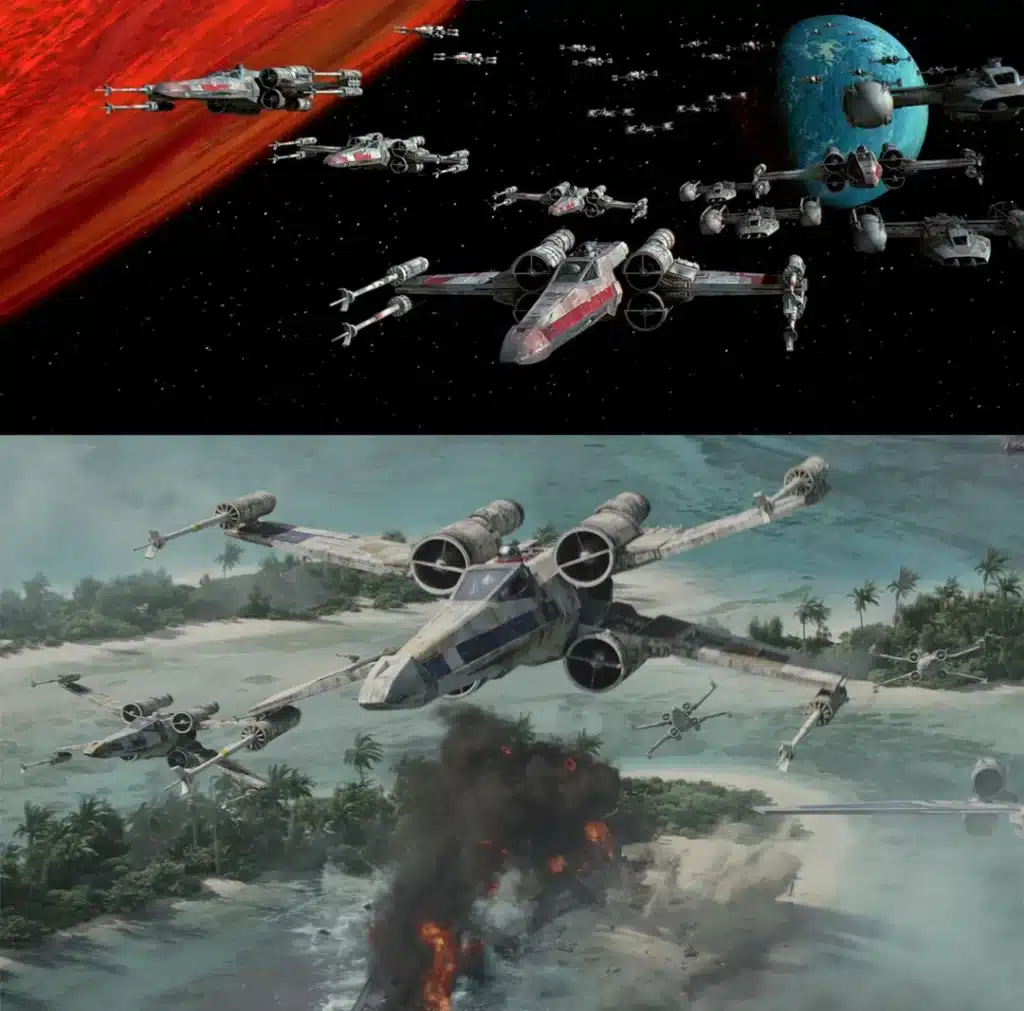
Escape from LA
During Escape From L.A. (1996), Kurt Russell used his downtime to drill basketball until he could make every shot needed for the film’s on-screen challenge, including the full-court heave, which he sank for real.

Event Horizon
During Event Horizon, Sam Neill requested that the Union Jack on his Australian flag patch be replaced with an Aboriginal flag, reflecting how he envisioned it might look in 2047.
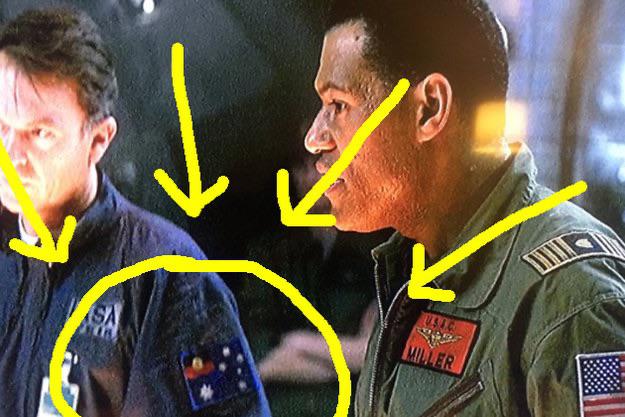
Finding Nemo
Gill in Finding Nemo (2003) is a Moorish idol, a species notorious for faring poorly in captivity, so it’s fitting that he’s forever plotting to escape

Pursuit of Happyness
In The Pursuit of Happyness (2006), Will Smith walks right past Chris Gardner, the real man whose life inspired the film.

Star Wars: A New Hope
To make Luke’s landspeeder appear to hover in the wide Tatooine shots of Star Wars: A New Hope (1977), the crew set a motorized, wheeled prop atop a mirror, concealing the wheels and simulating flight.
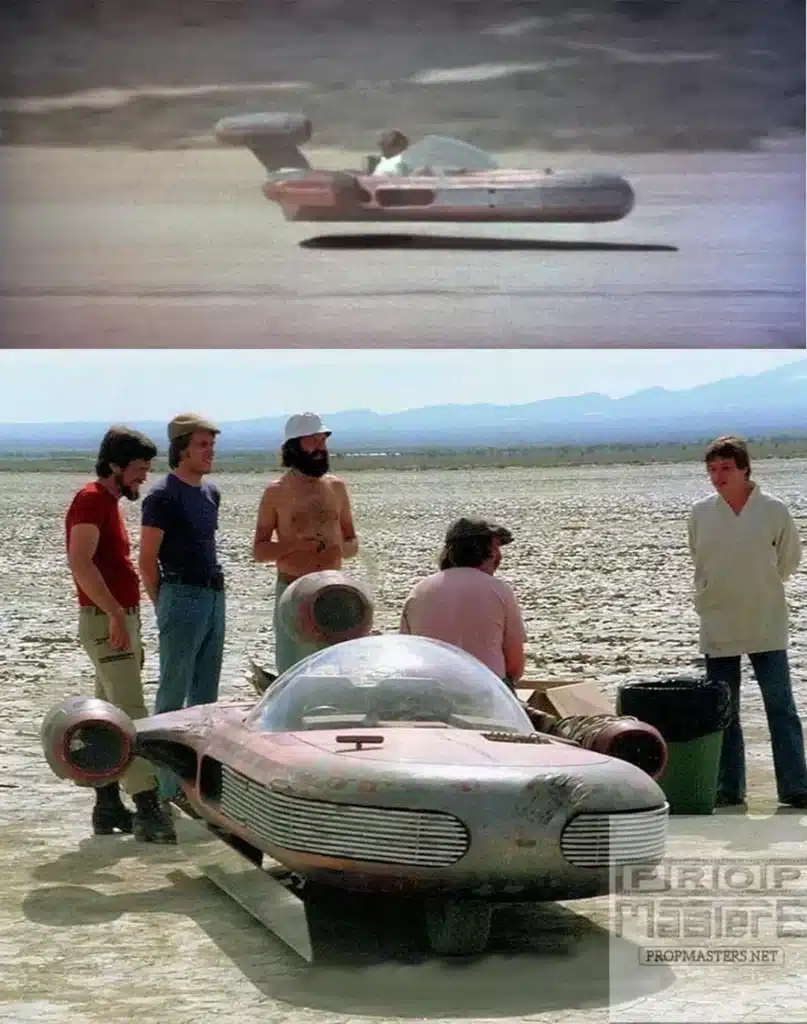
Knives Out
In Knives Out (2019), K Callan, Great Nana Wanetta, is six years younger than Christopher Plummer, who plays her son, Harlan.
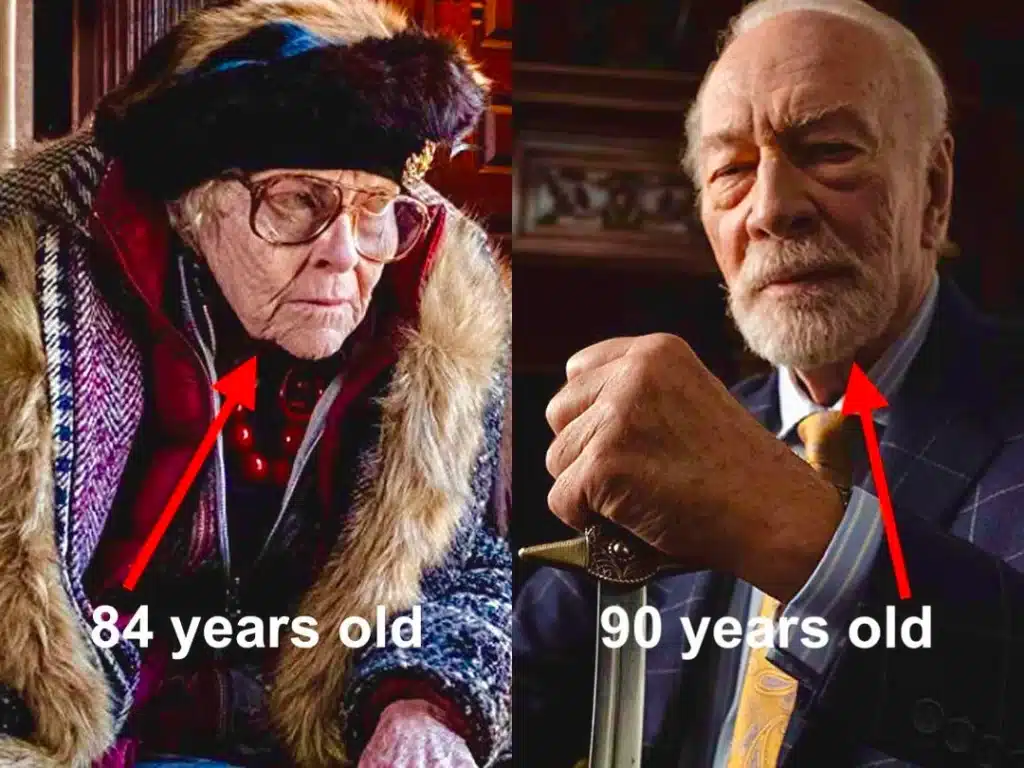
Wizard of Oz
In The Wizard of Oz (1939), as the four head out to confront the Wicked Witch of the West, the Scarecrow casually brings along a gun.

Legend
The Legend (2015) poster cheekily slipped a two-star review between the Kray twins’ heads, turning a negative critique into a visual gag.

ET
Steven Spielberg shot E.T. in chronological order so the child actors could naturally build their emotions, making the finale especially genuine because it was their last scene together.

Toy Story
In Toy Story 2 (1999), the American flag is replaced by a globe in the rest of the world.
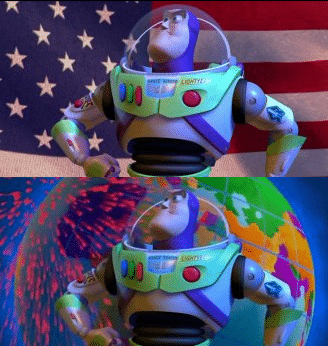
Coraline
In Coraline, the “Welcome Home” cake shows one lowercase “o” with a double loop, a graphological sign of deceit, implying she’s invited but not genuinely home.

Truman Show
The identical twins in The Truman Show (1998) are portrayed by Ron and Don Taylor, real-life police officers who were working security on set until director Peter Weir, impressed by their friendly rapport, cast them in the film.

Scream
During the filming of Scream (1996), Drew Barrymore repeatedly dialed 911 for real because the prop phone hadn’t been unplugged. She’d scream, hang up, and eventually the police called back mid-take, baffled by the string of emergency calls.
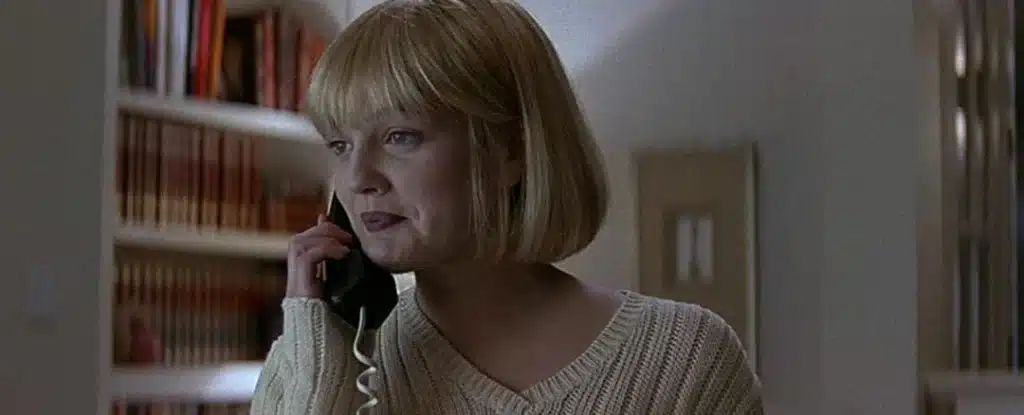
The Santa Clause
In The Santa Clause (1994), an elf can be spotted sitting behind Charlie in class, hinting that the North Pole is secretly keeping an eye on him and his dad.
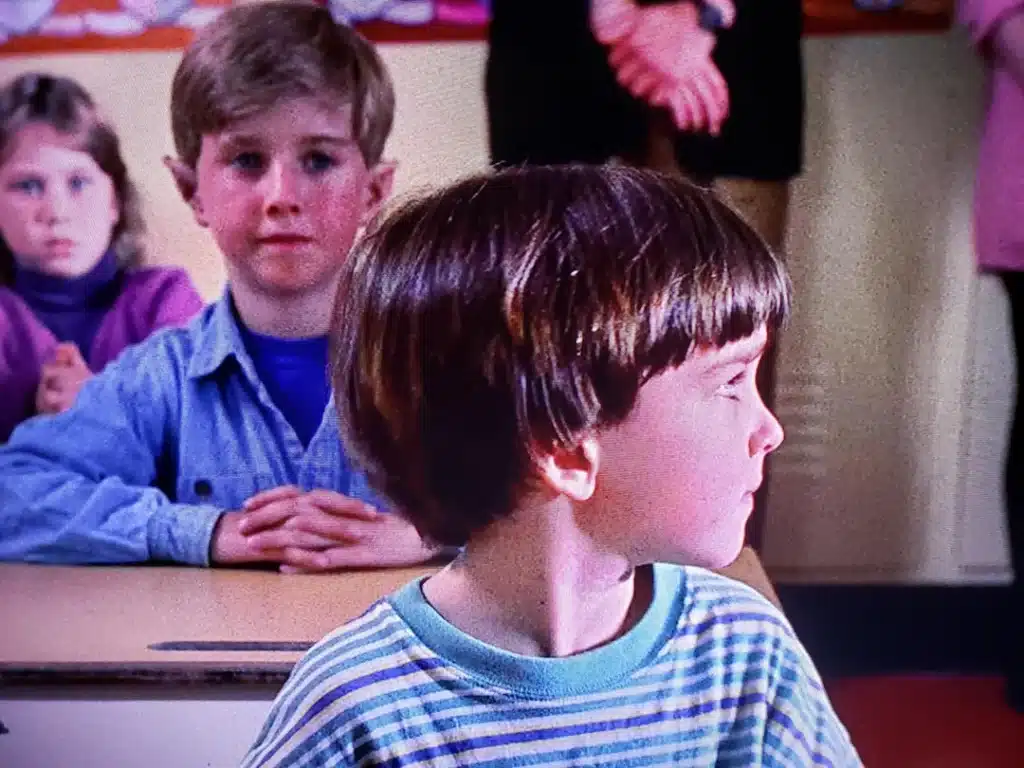
The Simpsons Movie
In The Simpsons Movie (2007), Homer’s mangled ambulance from Season 2 still makes a background appearance.
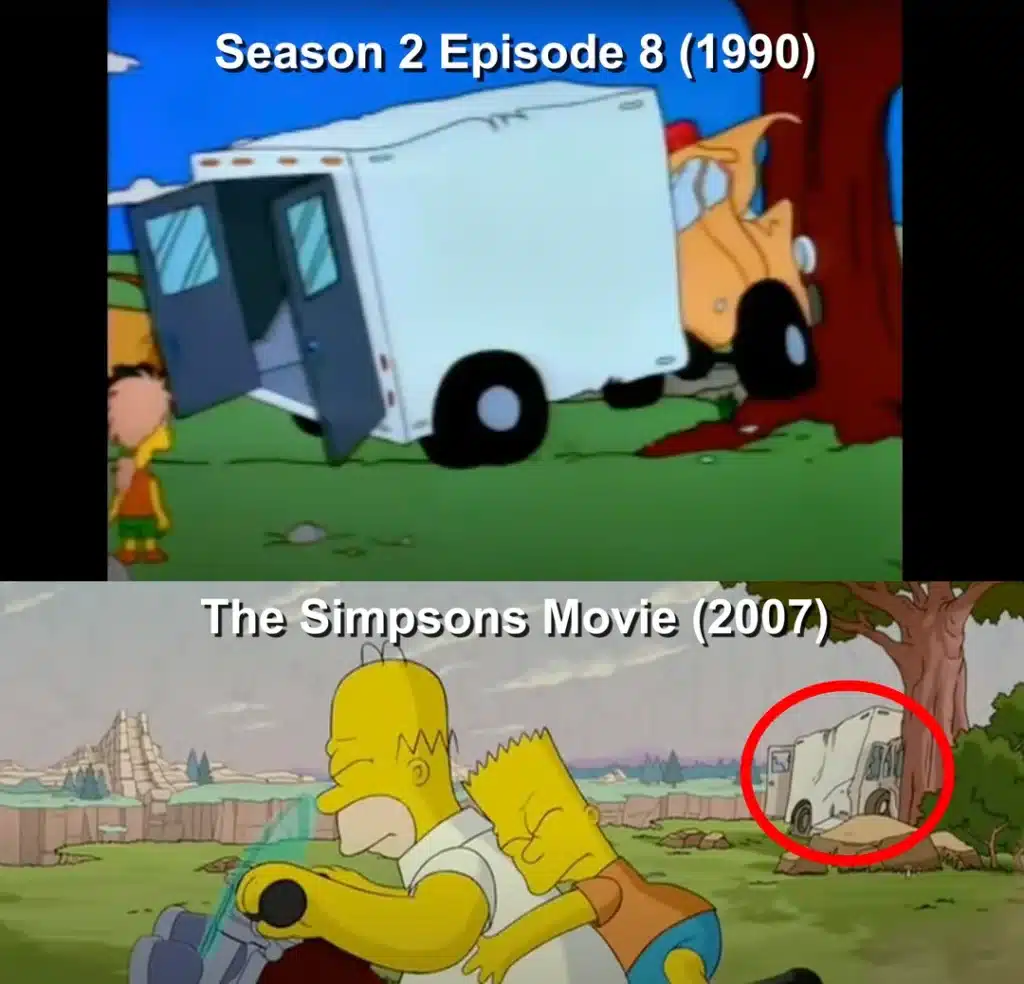
Monsters, Inc.
In Monsters, Inc. (2001), recording Boo’s dialogue proved tough because young Mary Gibbs couldn’t stay in the booth. The team simply followed her around with a mic and built her lines from the playful chatter and sounds she made while wandering.
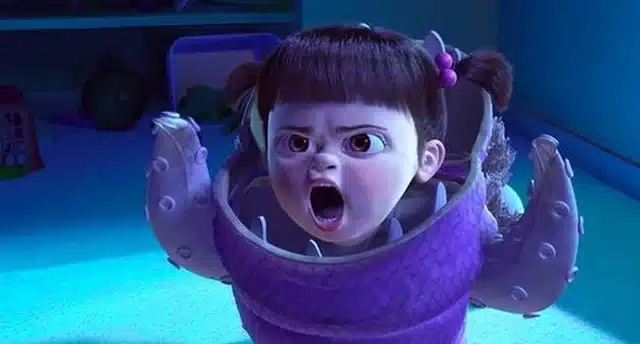
Inside Out
For the Japanese release of Inside Out, Pixar swapped the broccoli on the pizza for bell peppers, an ingredient many Japanese kids famously avoid, to keep the joke culturally relevant.

Children of Men
During a long, continuous shot in Children of Men (2006), fake blood splattered the camera. Director Alfonso Cuarón instinctively yelled “Cut,” but the blast of a background explosion masked his shout, so the take rolled on. He later called it a “happy accident,” and critics praised the resulting scene.
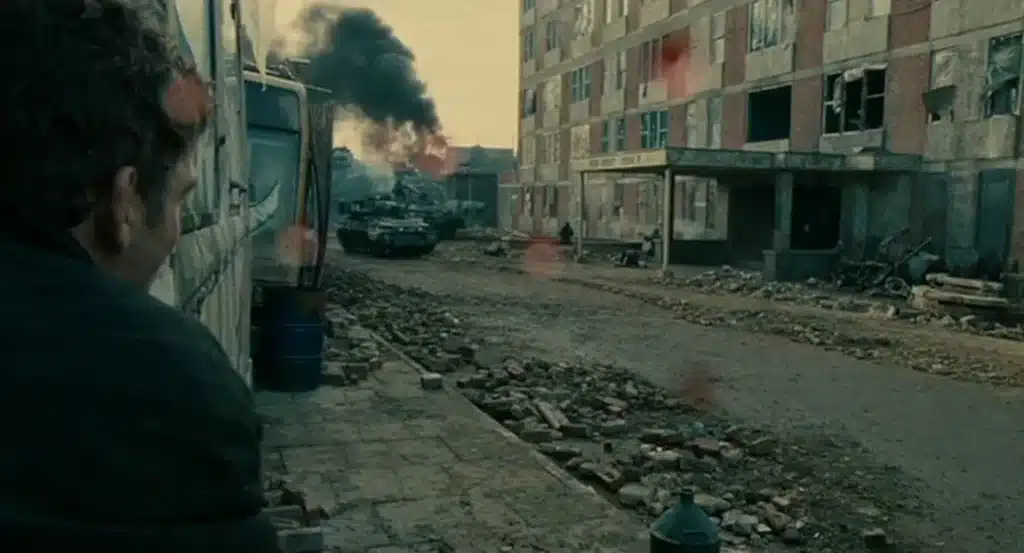
Up
In Up (2009), Dug alone tracks down the tropical bird because, as a Golden Retriever, he’s a hunting breed, unlike the other dogs, who are all guard breeds.
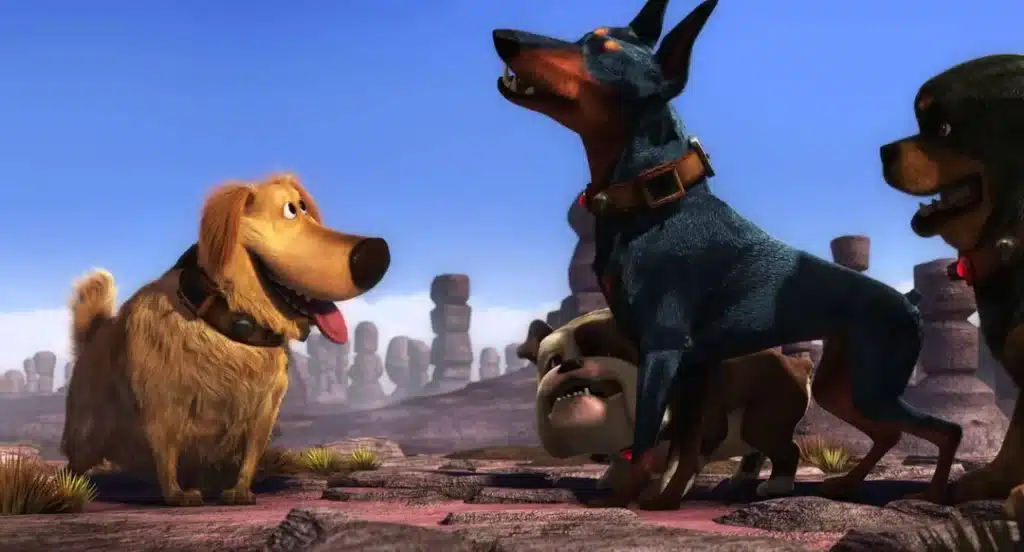
The Emperor’s New Groove
According to the DVD commentary, Chicha in The Emperor’s New Groove (2000) is Disney’s first visibly pregnant character, and one of the studio’s rare mothers who isn’t killed off or portrayed as a villain.
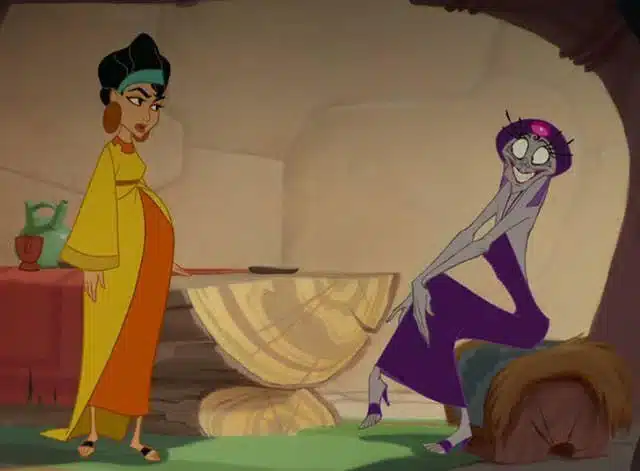
Zootopia
In Zootopia (2016), Chief Bogo’s reading glasses nod to buffalo’s notoriously weak eyesight, a detail the directors confirmed in a Q&A.
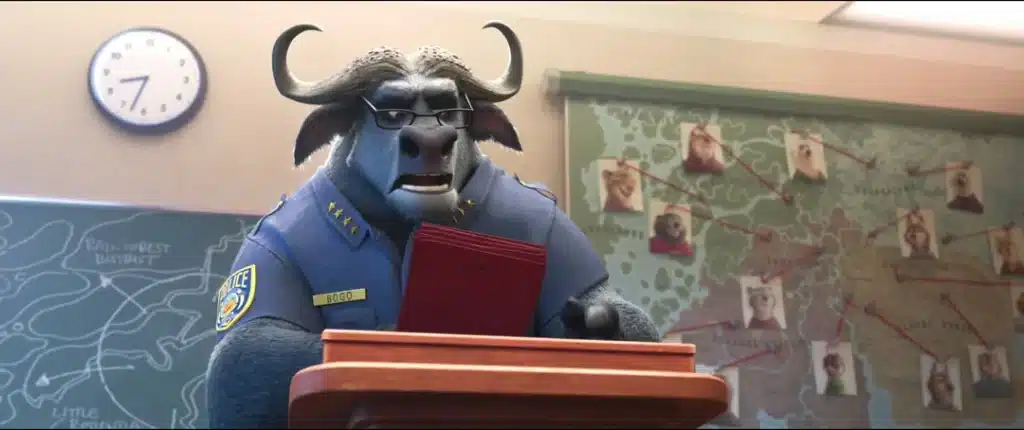
Ratatouille
The ratatouille Rémy serves in Ratatouille (2007) is a real dish created by Chef Thomas Keller and takes at least four hours to make.

Anastasia
In Anastasia (1997), the sketch Anastasia presents to her grandmother is drawn from a 1914 painting by the real Grand Duchess Anastasia.
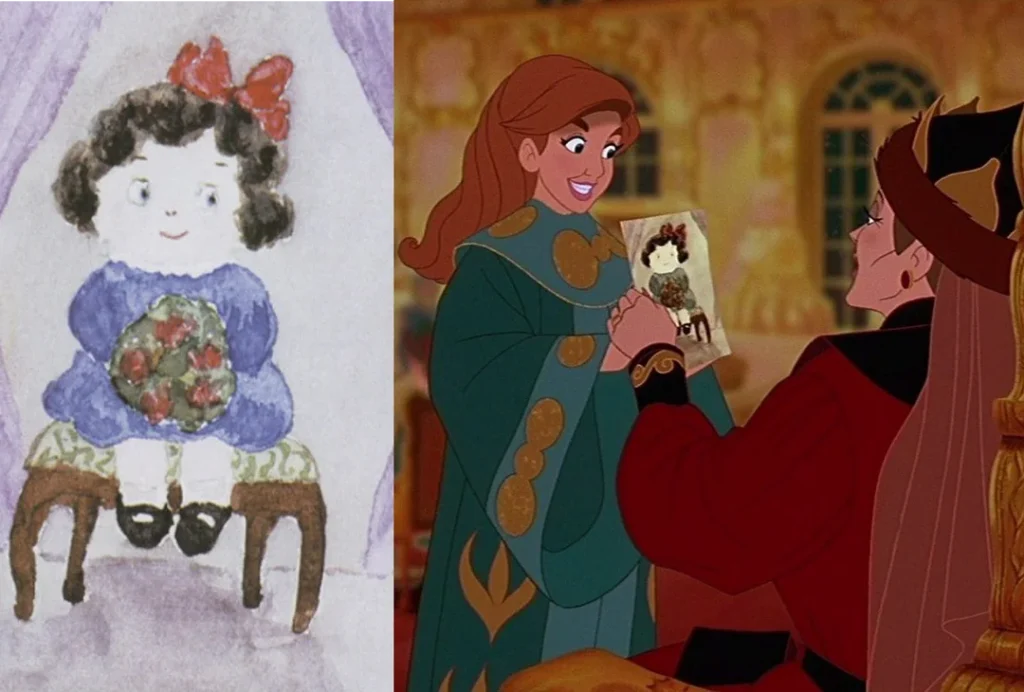
Rango
In Rango (2011), the cast performed their scenes as if filming live action, and animators later used that footage as reference when animating.
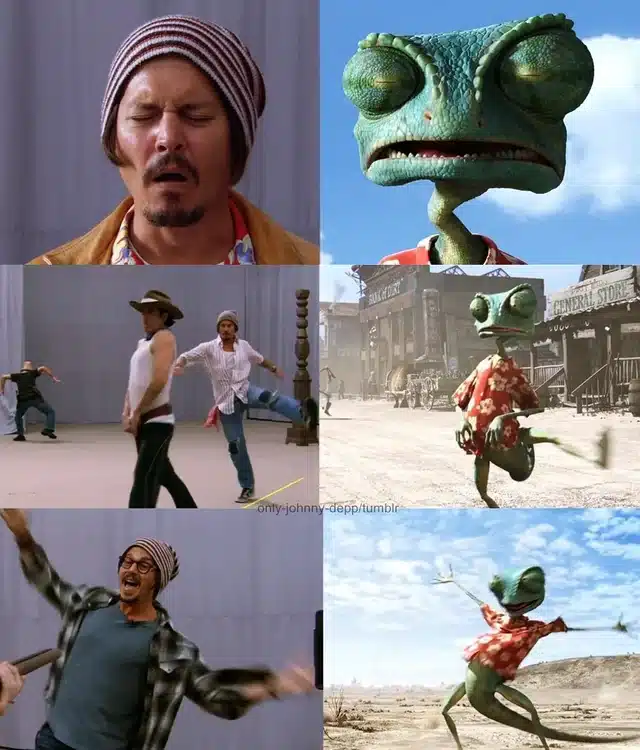
Forrest Gump
In Forrest Gump (1994), the girl on the bus who refuses to let Forrest sit beside her is portrayed by Elizabeth Hanks, Tom Hanks’s daughter.
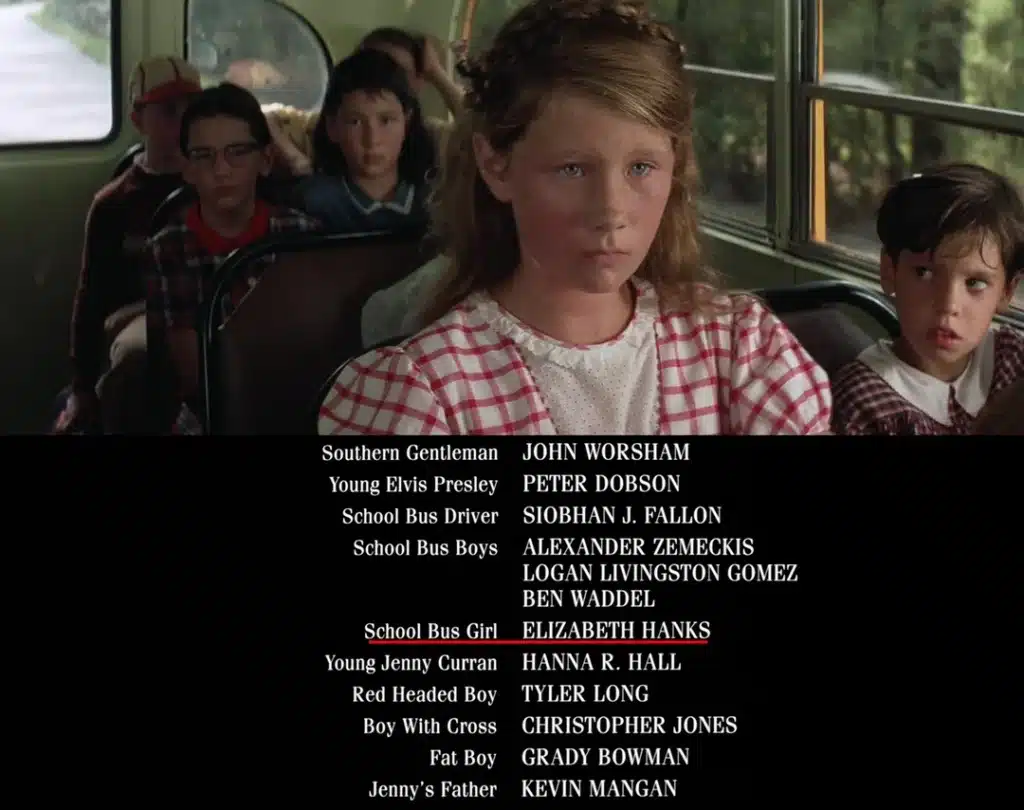
Empire Strikes Back
To keep Vader’s parentage reveal under wraps in The Empire Strikes Back (1980), the line was written and filmed as “Obi-Wan killed your father,” then overdubbed later. Among the principal cast, only Mark Hamill knew the real twist before release.
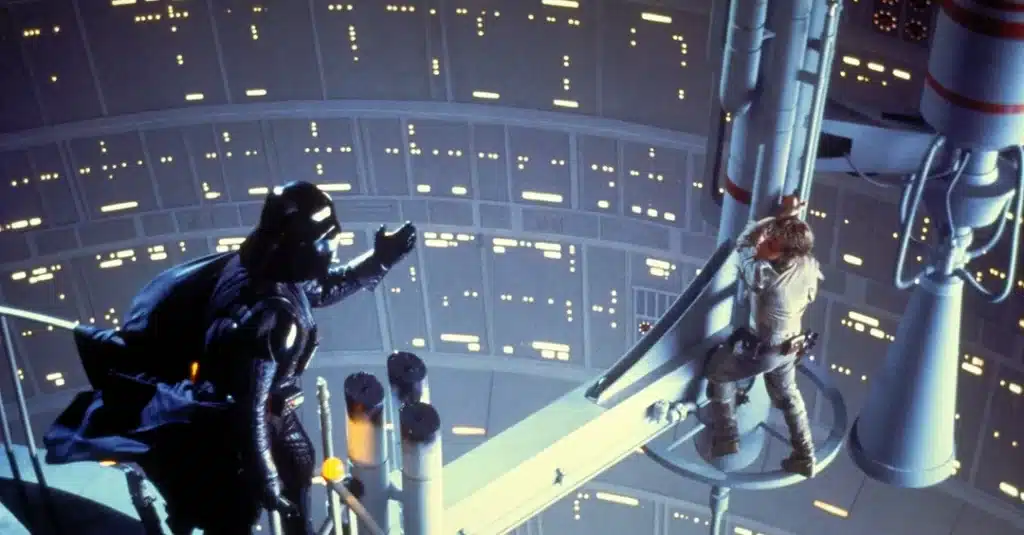
The Truman Show
In The Truman Show, Truman takes a high-dose vitamin D supplement with breakfast to make up for the lack of real sunlight in his artificial world.
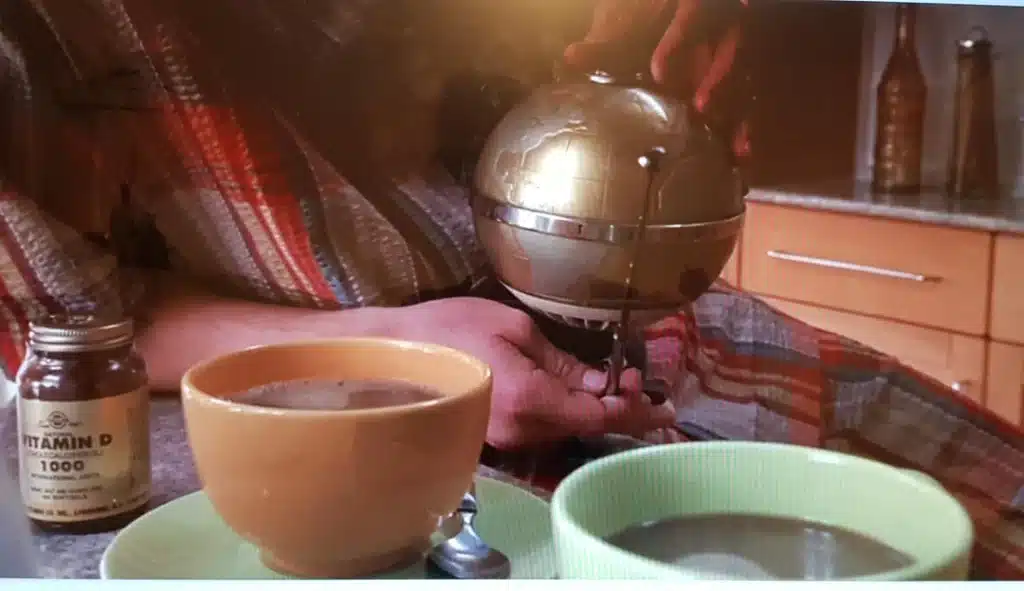
Monsters, Inc.
In Monsters, Inc. (2001), Boo offers Sully a Nemo doll, even though Finding Nemo wouldn’t premiere until 2003.
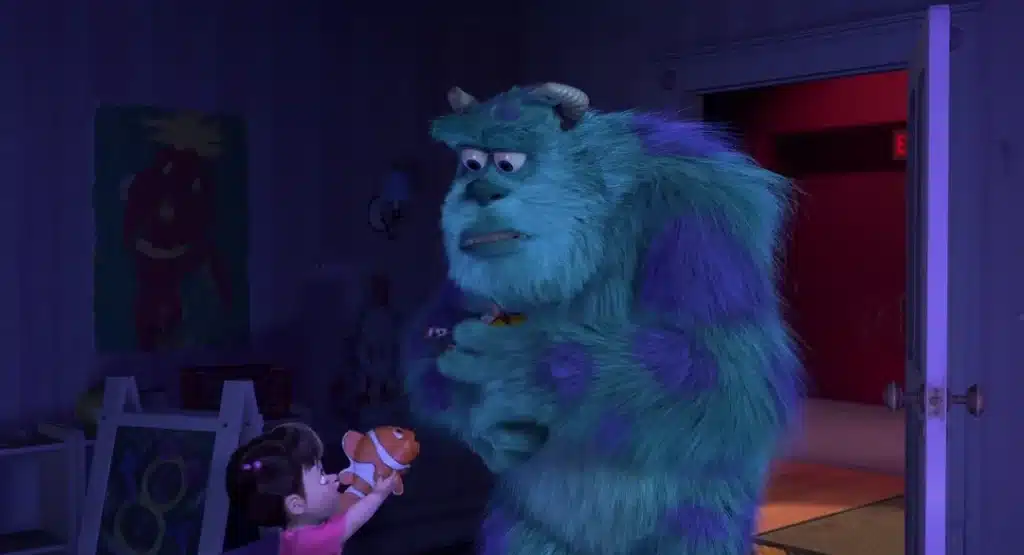
Lord of the Rings
For The Lord of the Rings, the filmmakers fit Galadriel with a special lighting rig so her eyes shimmer with starlight, a reference to her being the last Elf in Middle-earth to witness the Trees of Valinor.
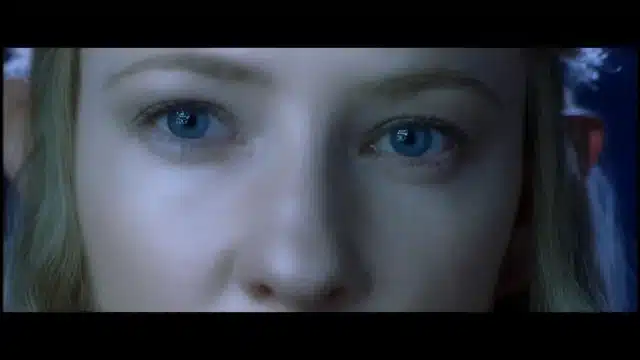
Harry Potter
In Harry Potter and the Prisoner of Azkaban, Professor Lupin dozes through much of the Hogwarts Express journey on September 1, 1993, run ragged after his full-moon transformation the night before.
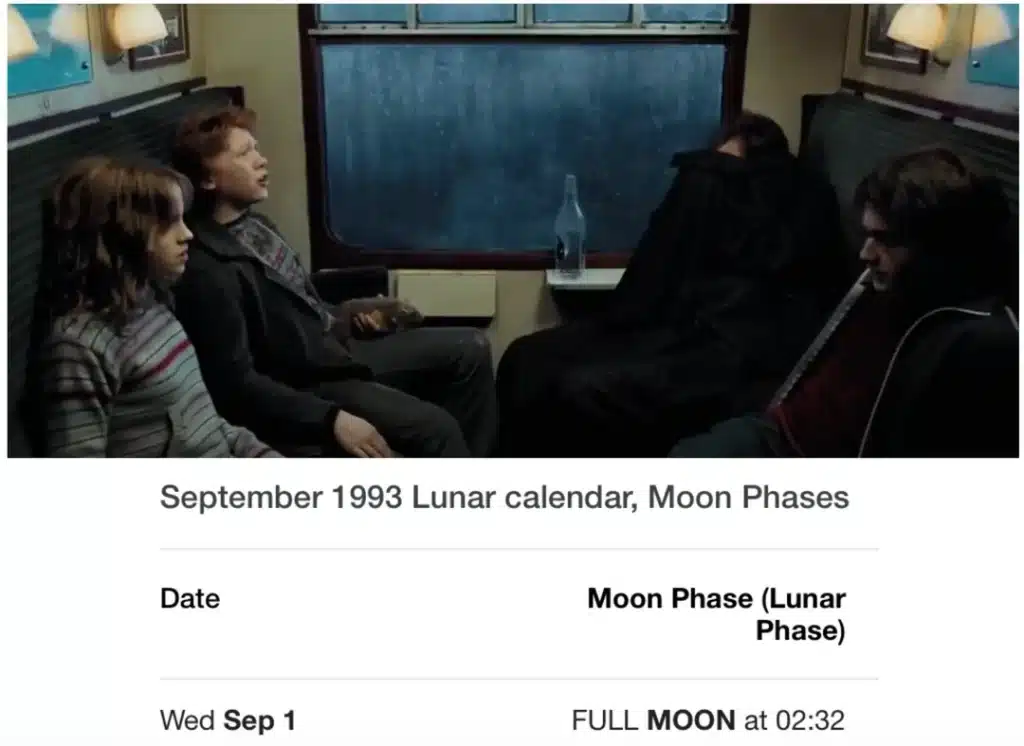
Ten Things I Hate About You
In Ten Things I Hate About You (1999), Julia Stiles delivered her closing poem in one continuous take. Though she wasn’t meant to break down, her unscripted tears stayed in the final cut.
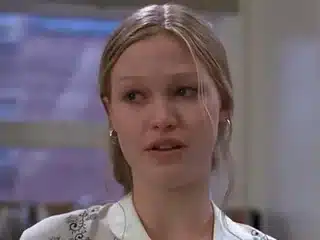
Apocalypse Now
When production on Apocalypse Now began in 1976, 14-year-old Laurence Fishburne had lied about his age to land the role.
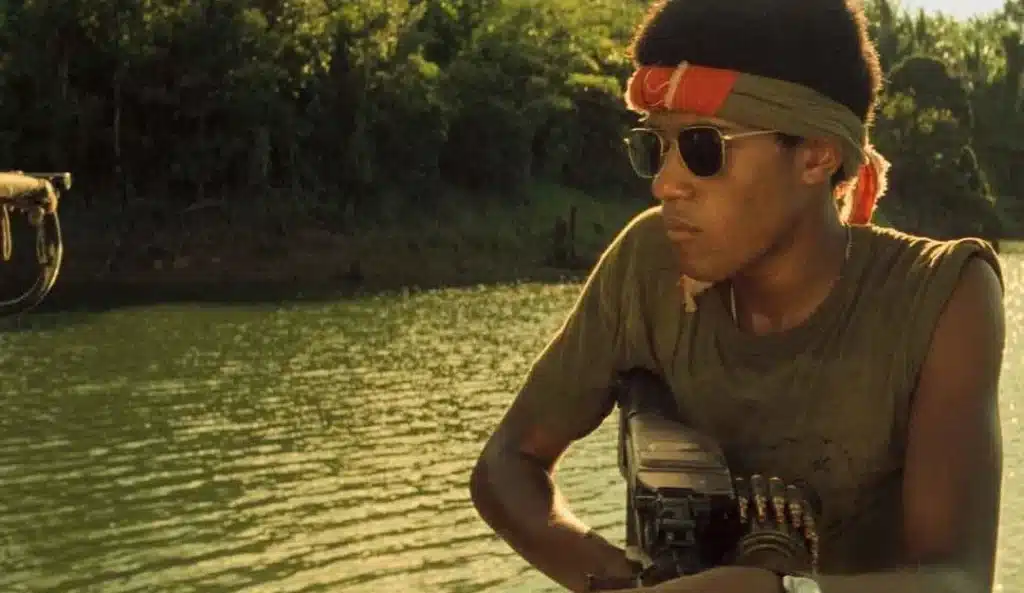
The Incredibles
In The Incredibles (2004), Elastigirl’s original suit was red and Mr. Incredible’s was blue, and their first child is named Violet.
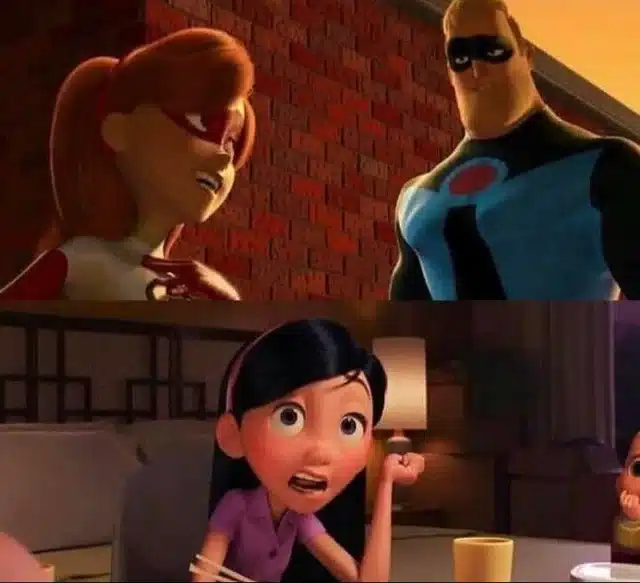
Zoolander
In Zoolander (2001), one of the funniest moments was pure improvisation: David Duchovny’s JP Prewitt delivers a minute‐long spiel about why male models are being recruited for evil, only for Ben Stiller to blank and ask, “But why male models?” Duchovny then fires back, “Seriously? I just told you that!”
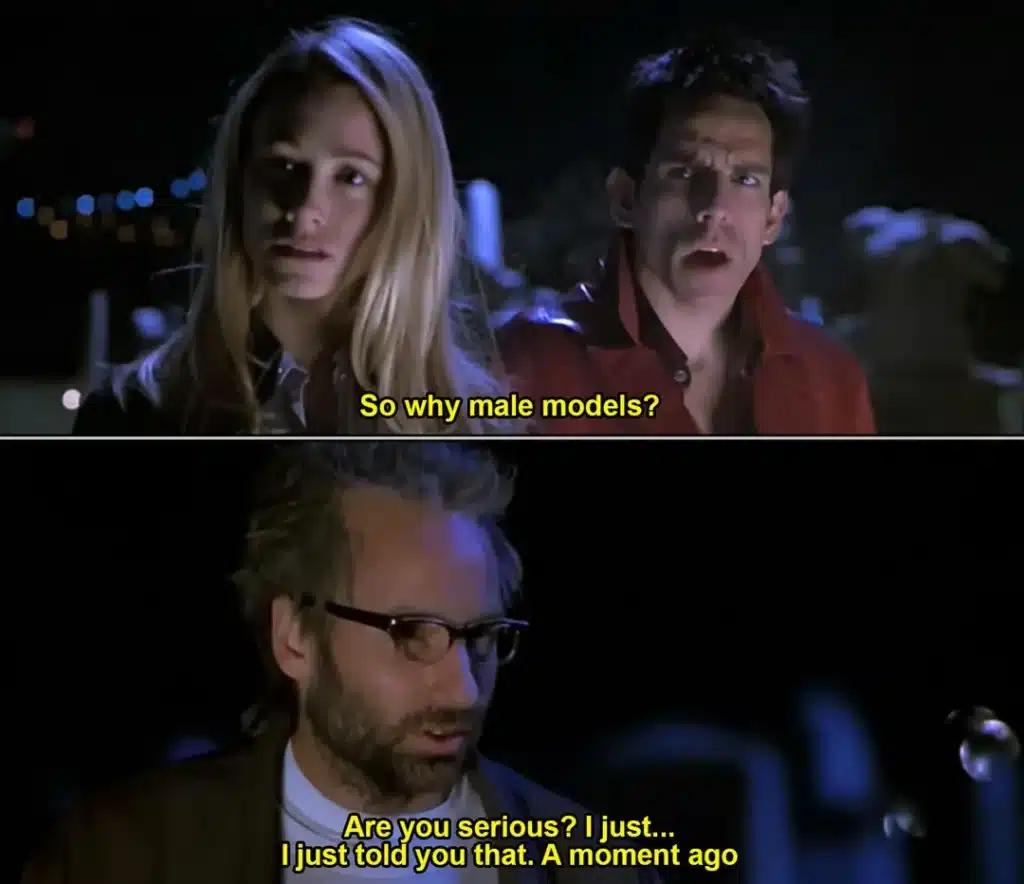
Harry Potter
On Harry Potter and the Prisoner of Azkaban (2004), Alfonso Cuarón encouraged the young actors to wear their uniforms as they would if their parents weren’t watching, a stark departure from the pristine, buttoned-up look of the first two films.
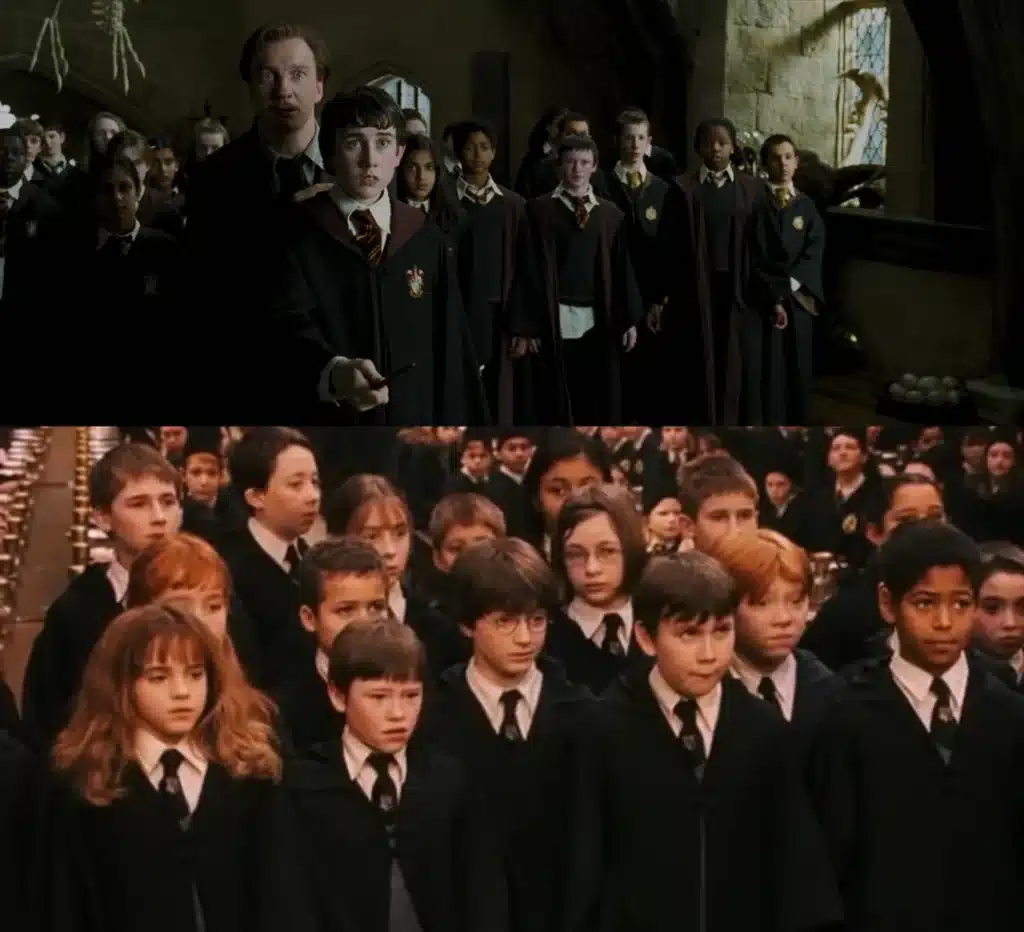
Blade Runner 2049
In Blade Runner 2049 (2017), replicants are identified by prompting them to glance up and to the left—a tactic mirrored in the opening credits, which guide viewers’ eyes up-left to land first on the word “Replicants.”
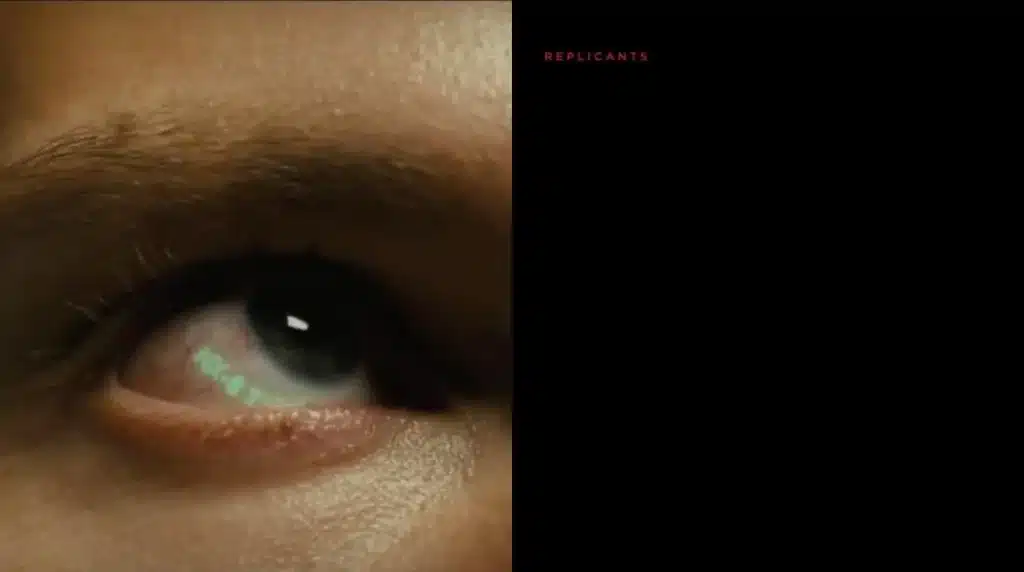
Mulan
In Mulan (1998), animators had Mulan frequently touch her hair after spotting voice actor Ming-Na Wen doing it during recording, a detail Wen later confirmed on Twitter.
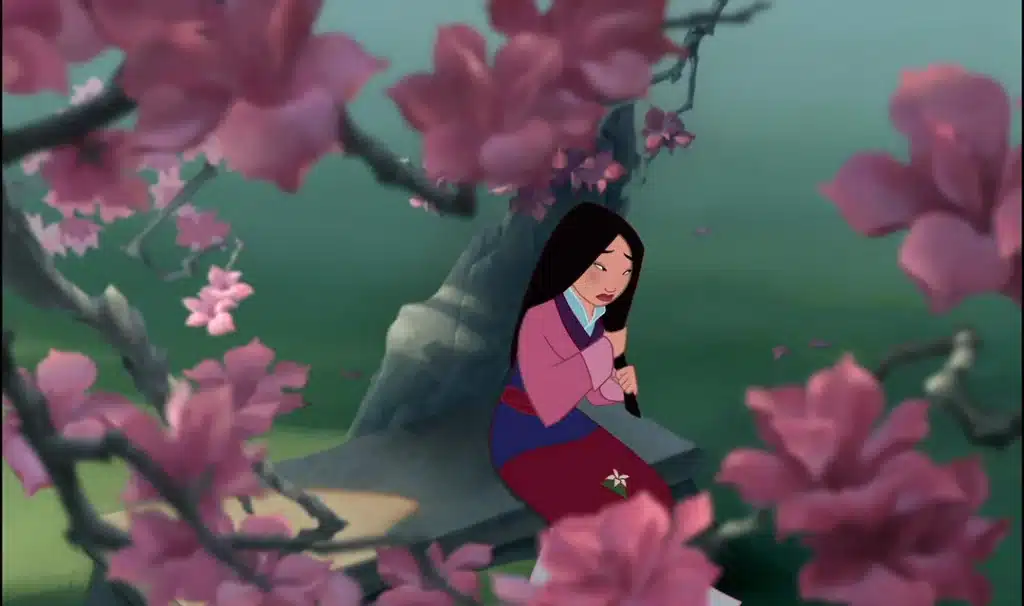
Titanic
In Titanic (1997), the couple shown lying together in their stateroom are Macy’s co-owners Isidor and Ida Straus. When Isidor gave up his lifeboat spot for women and children, Ida chose to stay by his side. They were last seen walking arm in arm as the ship sank.
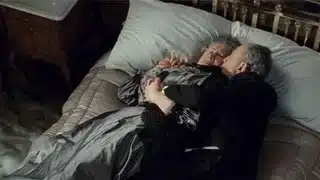
Clear and Present Danger
In Clear and Present Danger (1994), John Clark wears Levi’s 501 jeans, a clever nod to his Vietnam-era SEAL roots, when many operators preferred sturdy 501s to standard-issue camouflage trousers.
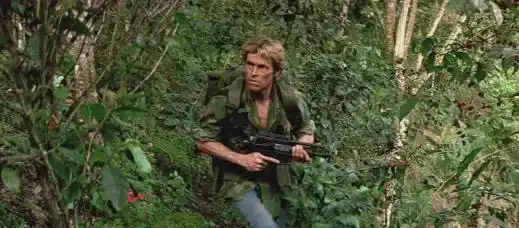
Poor Things
The brothel set in Poor Things (2023) actually had phallus-shaped windows
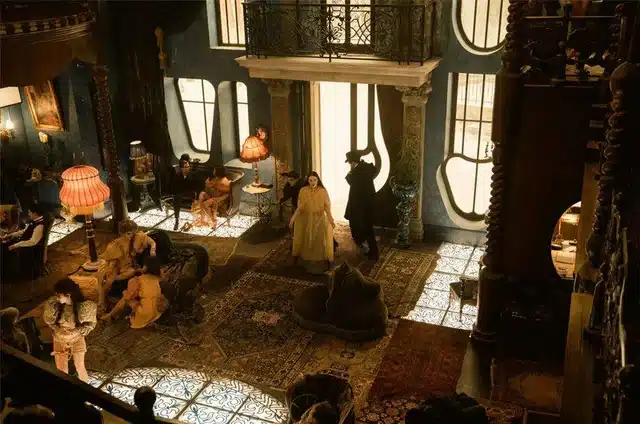
The Batman
Paul Dano’s Riddler in The Batman (2022) wears the same glasses as Jim Carrey’s Riddler from Batman Forever (1995)
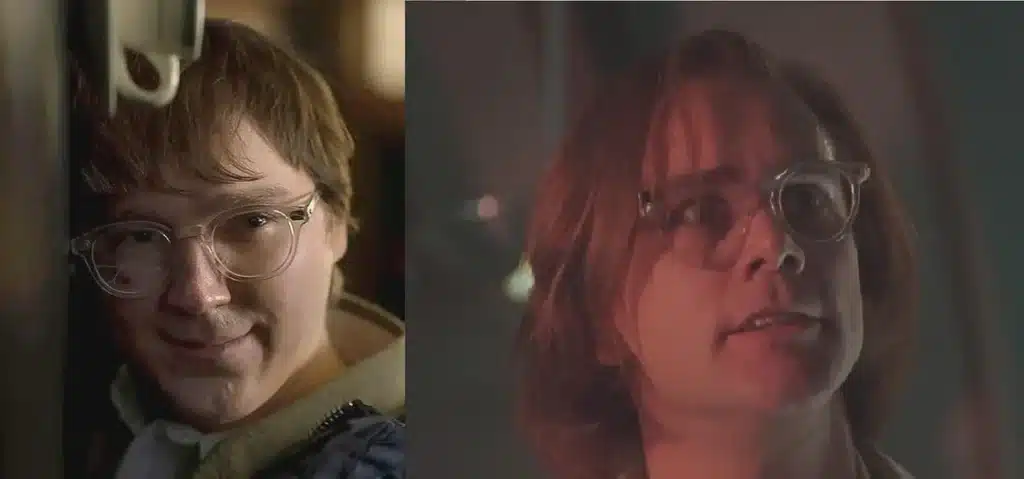
Tenet
In Tenet (2020), color cues signal temporal direction: blue for inversion and red for normal flow. Thus, the armored truck hauling the algorithm fragment is blue, while the firetruck intercepting it to thwart its use is red.
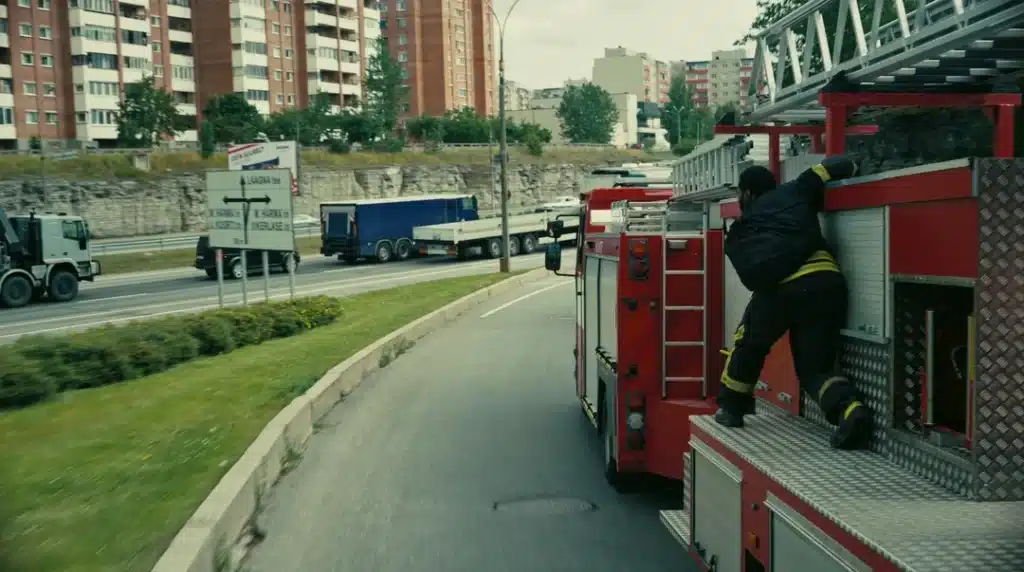
Avengers: Age of Ultron
In Avengers: Age of Ultron (2015), the middle-aged Howard Stark blends the features of John Slattery and Dominic Cooper, the actors who portray him in his older and younger years.
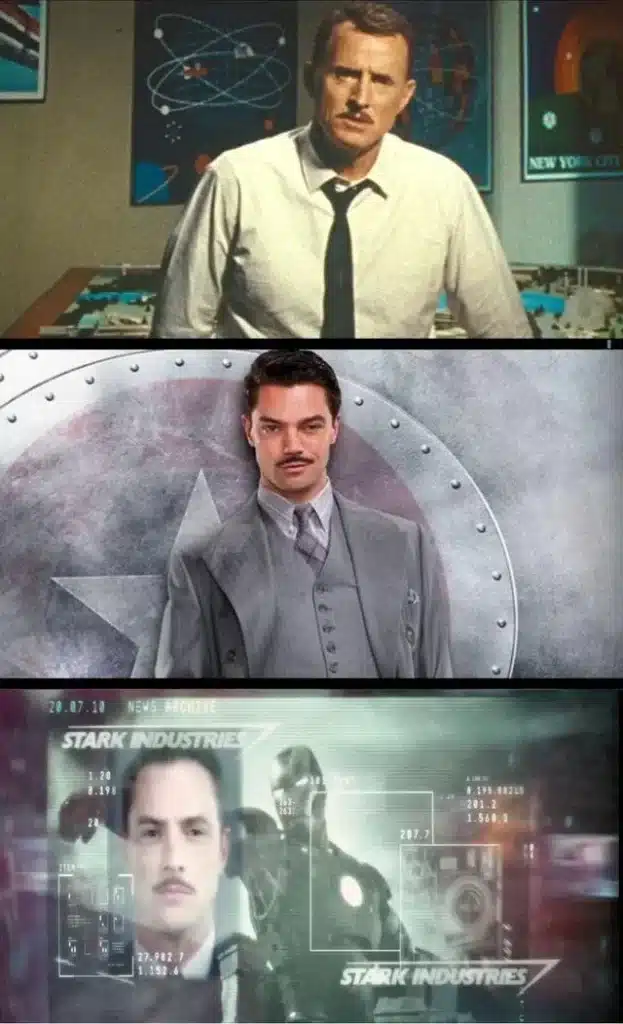
Titanic
In Titanic (1997), the iceberg that the R.M.S. Titanic collides with mirrors survivor Joseph Scarrott’s description: “It looked like the Rock of Gibraltar as seen from Europa Point.” A photograph of a similarly shaped iceberg was taken near the wreck site.
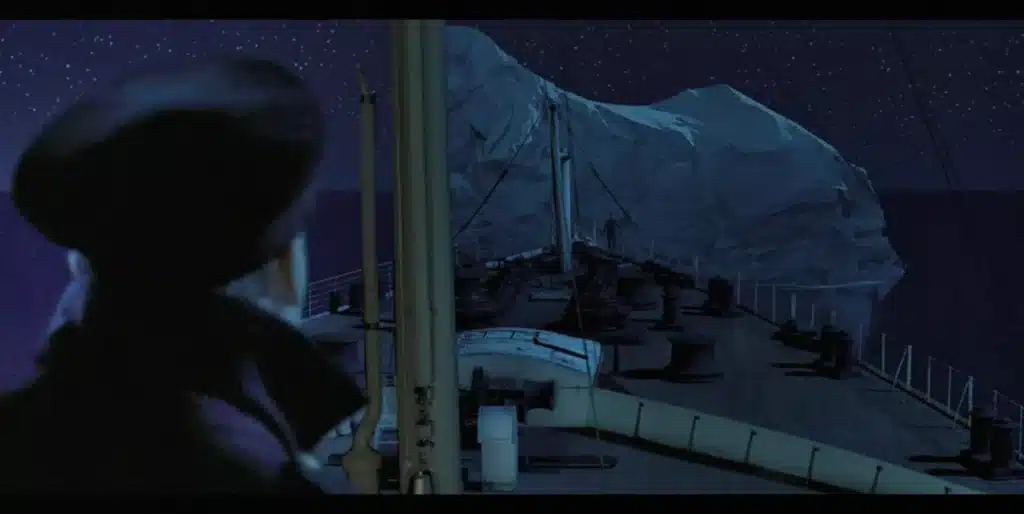
All Quiet On The Western Front
In All Quiet on the Western Front (2022), German soldiers wear their wedding bands on the right hand, while French soldiers keep them on the customary left.
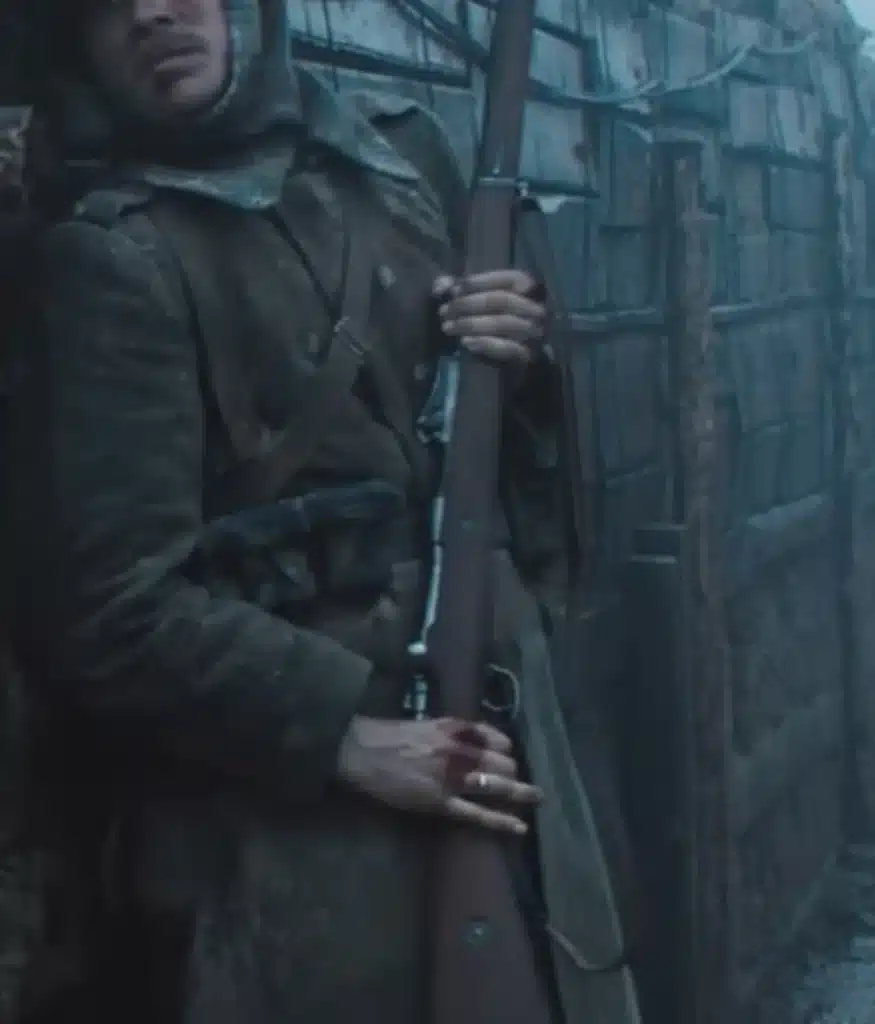
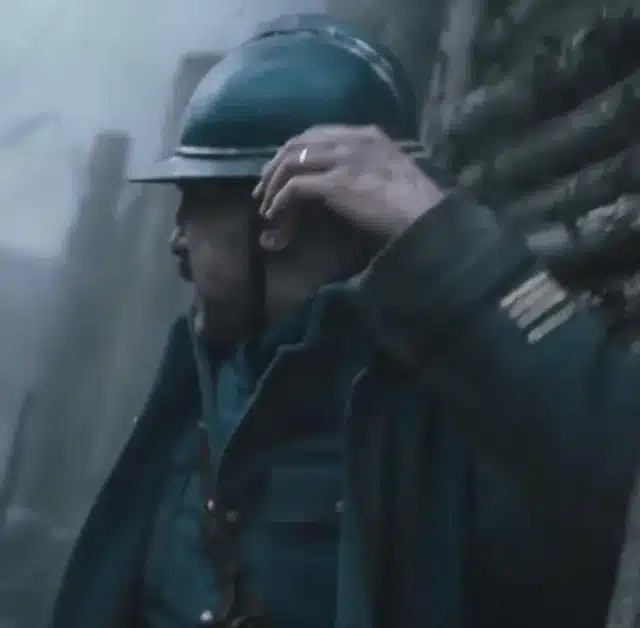
Taxi Driver
At the start of Taxi Driver (1976), a torn Viet Cong flag hangs in Travis’s apartment. Although the film repeatedly mentions his Marine background, this is the sole visual clue that he may have served in Vietnam.
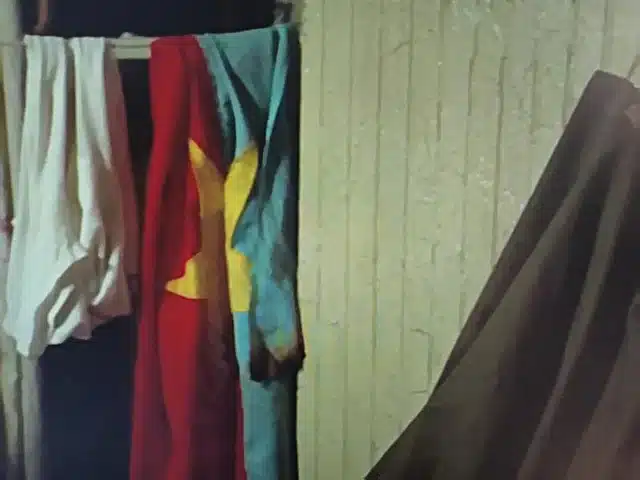
Lilo and Stitch
Reword In Lilo & Stitch, Stitch knows how to build a model of San Francisco because he saw postcards of it earlier in the movie.
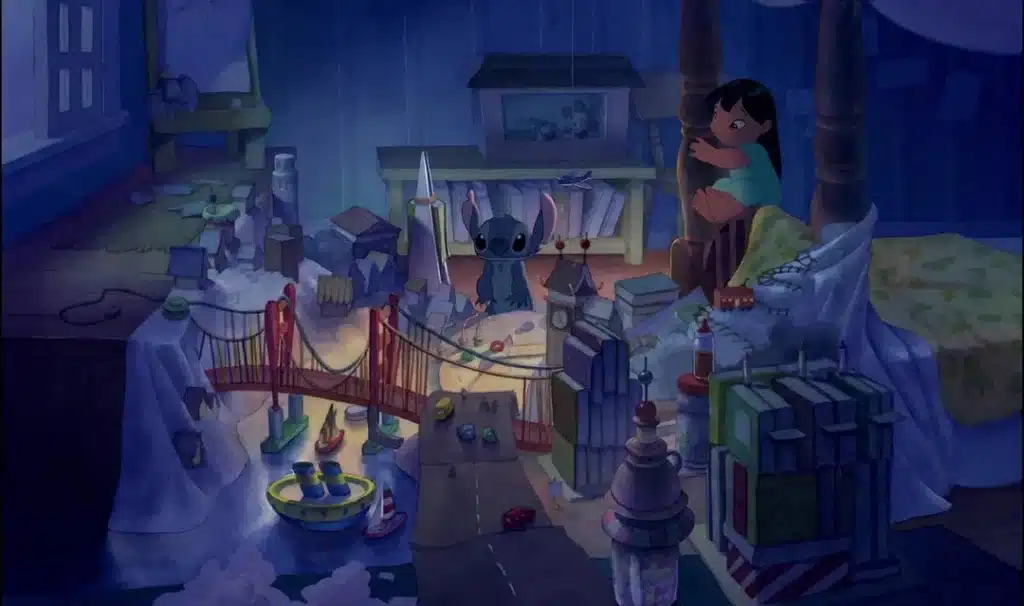
Forrest Gump
Forrest Gump (1994), writing on Bubba’s helmet says, “I’d rather be shrimping”.
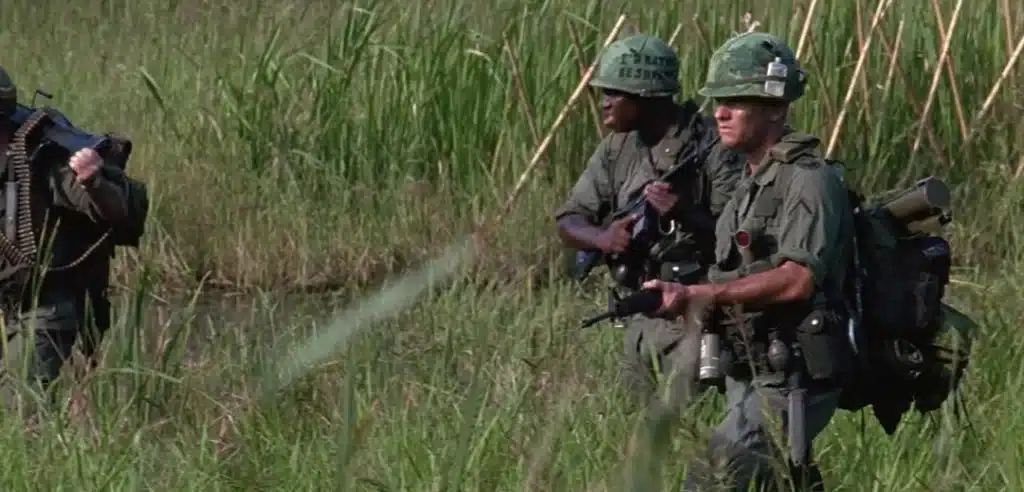
The Dark Knight Rises
In The Dark Knight Rises (2012), Bruce shows up at the masked ball unmasked, regarding Batman as his true self and “Bruce Wayne” as the public façade. When Selina asks, “Who are you pretending to be?” he replies, “Bruce Wayne, eccentric billionaire.”
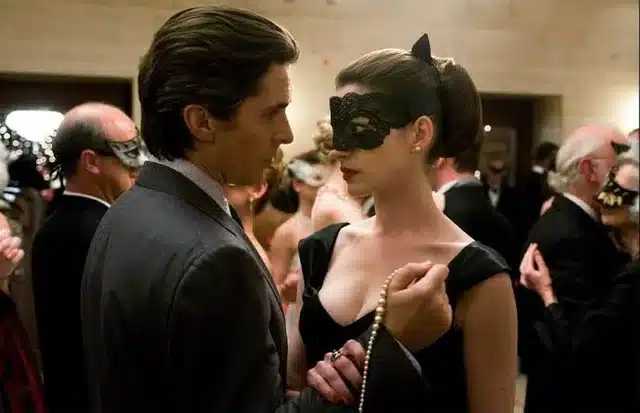
Big Hero 6
This moment appears in Big Hero 6 (2014)—credit to Tumblr user shinobicyrus.
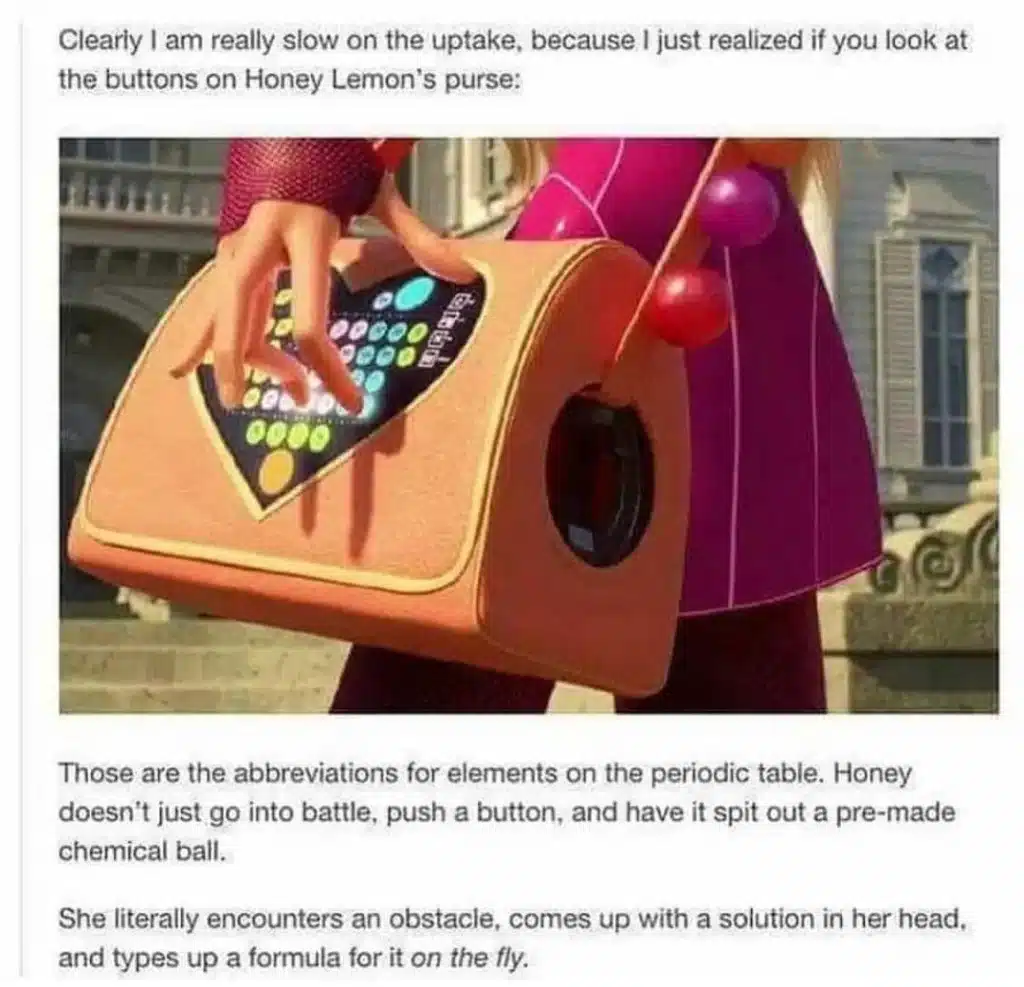
Batman (1989) and Joker (2019)
In Batman (1989), a painting the Joker wants reappears in Joker (2019).
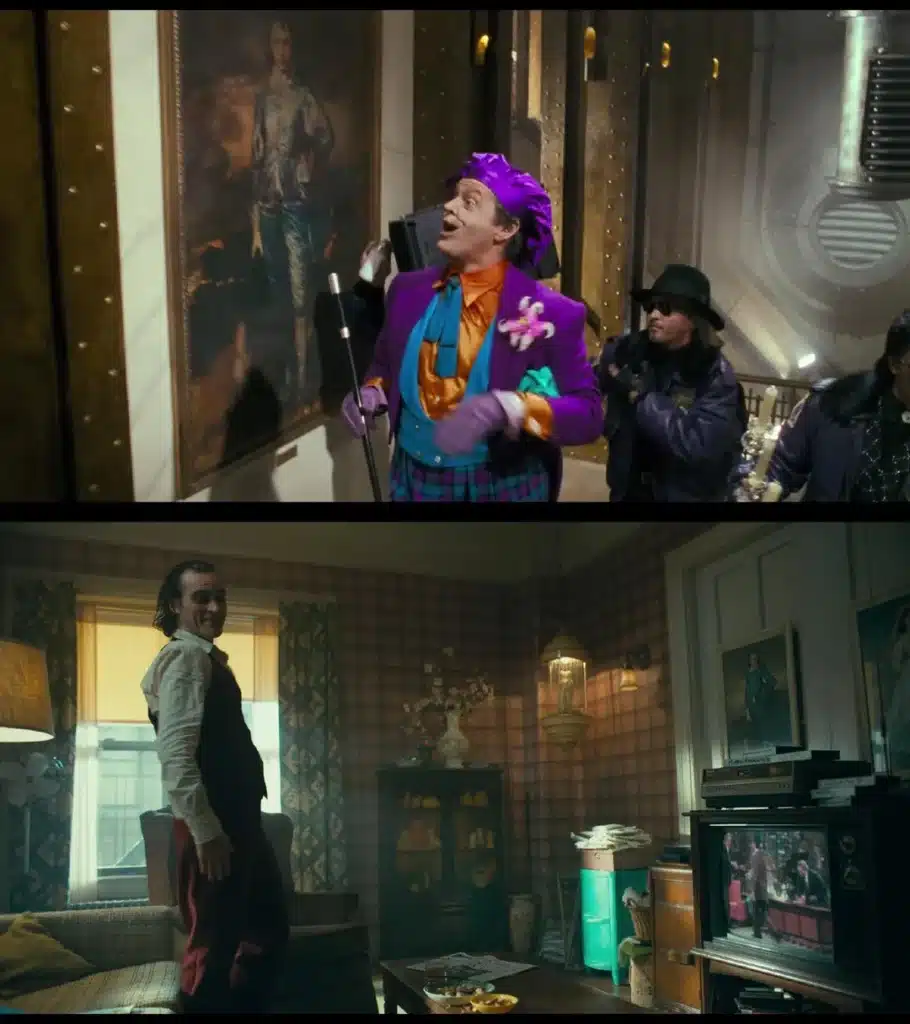
Interstellar
In Interstellar (2014), the black hole’s scientifically rigorous simulation took about 100 hours to render each frame, meaning every second of footage required nearly 100 days of processing time.
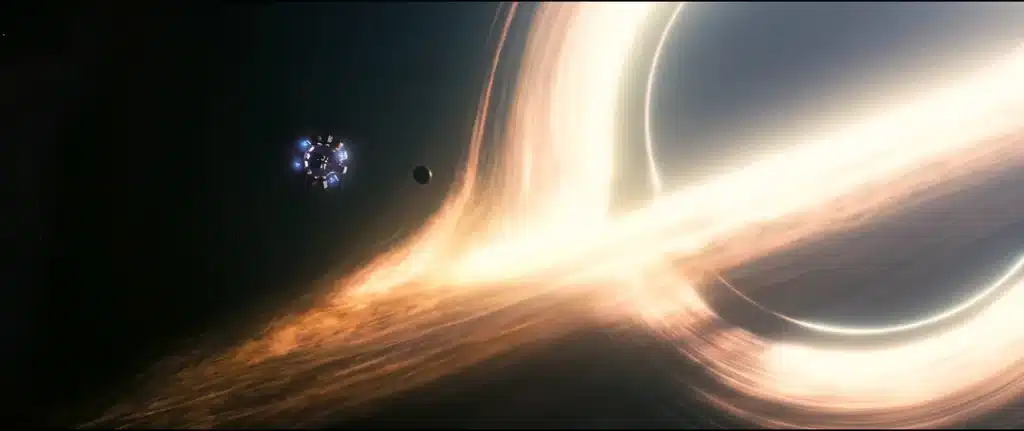
Coraline
For Coraline (2009), the crew logged 800 hours hand-painting 250,000 popcorn kernels pink on the outside and red at the core to create blossoms for almost 70 trees.
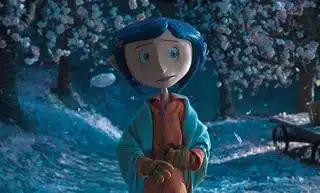
Spirited Away
In Spirited Away (2001), the family’s car is modeled on a mid-1990s first-generation Audi A4 1.8T; the crew even drove an actual A4 over rough roads to capture authentic engine and suspension sounds.
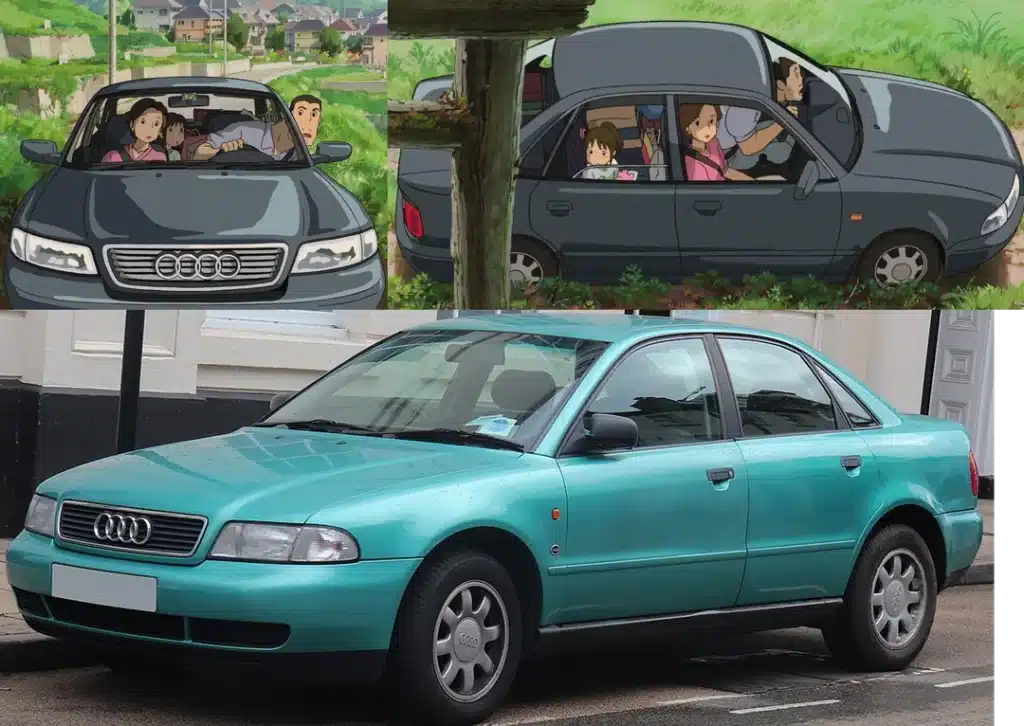
Mr. and Mrs. Smith
In Mr. & Mrs. Smith (2005), John (Brad Pitt) briefly shuts his left eye to line up a shot at the fair, then reopens it to keep his peripheral vision, an established sniper technique that hints at his marksmanship.
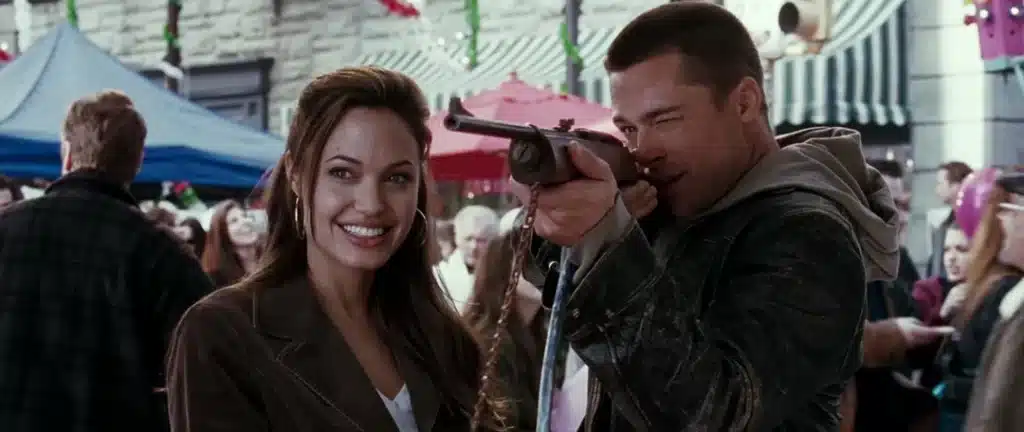
Dealpool 2
In Deadpool 2, the redneck riffing on toilet paper is actually Matt Damon wearing four hours of prosthetic makeup.
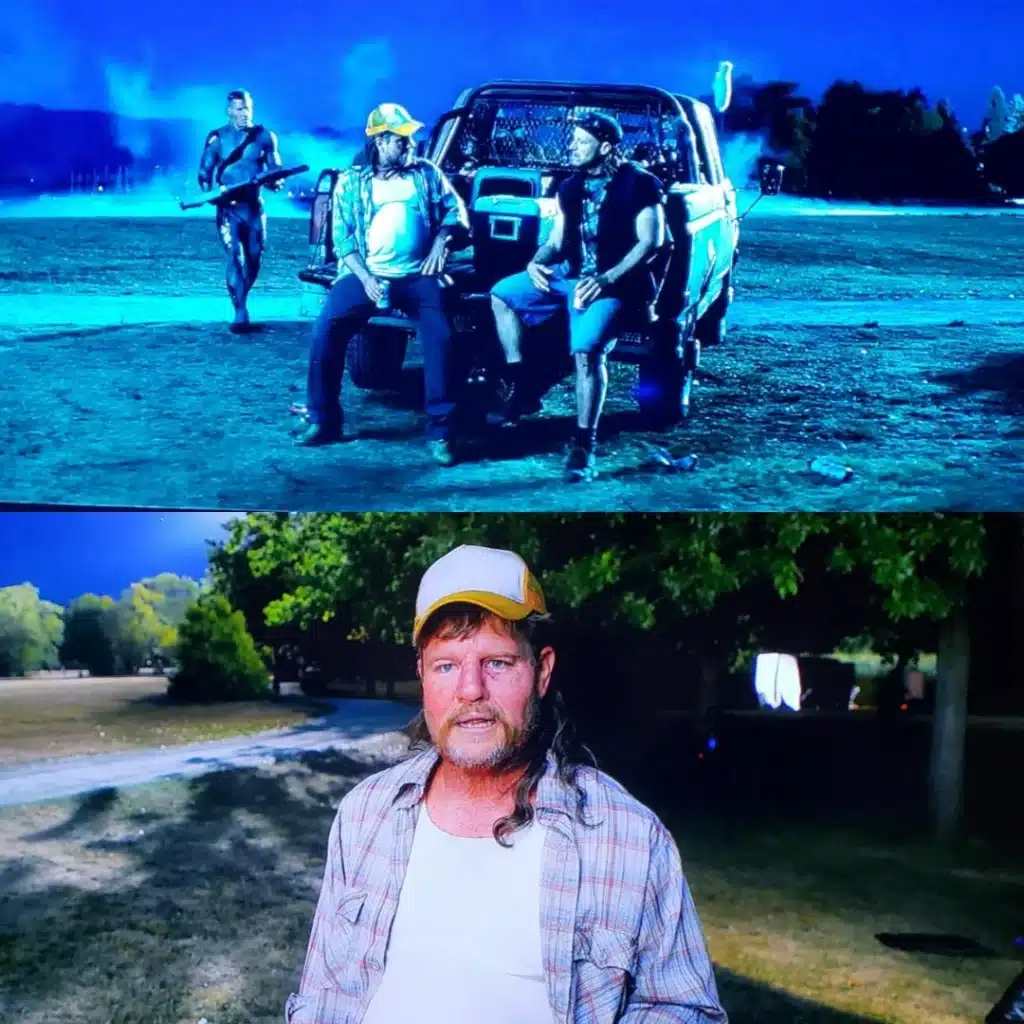
Deliverance
In Deliverance (1972), Billy Redden couldn’t play during the “Dueling Banjos” scene, so a hidden musician reached through Redden’s sleeve to fret the chords while Redden picked with his right hand.
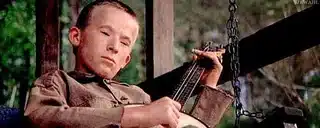
Fantasia
In Disney’s 1940 animated classic Fantasia, dinosaurs meet their end during a devastating drought, long before the asteroid-impact extinction theory emerged in 1980.
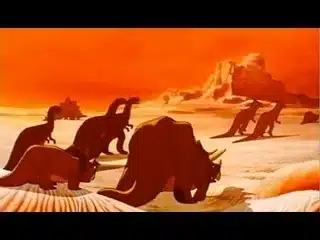
The Hobbit: The Battle of the Five Armies
In The Hobbit: The Battle of the Five Armies (2014), Glóin sports a unique helmet that his son Gimli later inherits and wears throughout The Lord of the Rings trilogy.
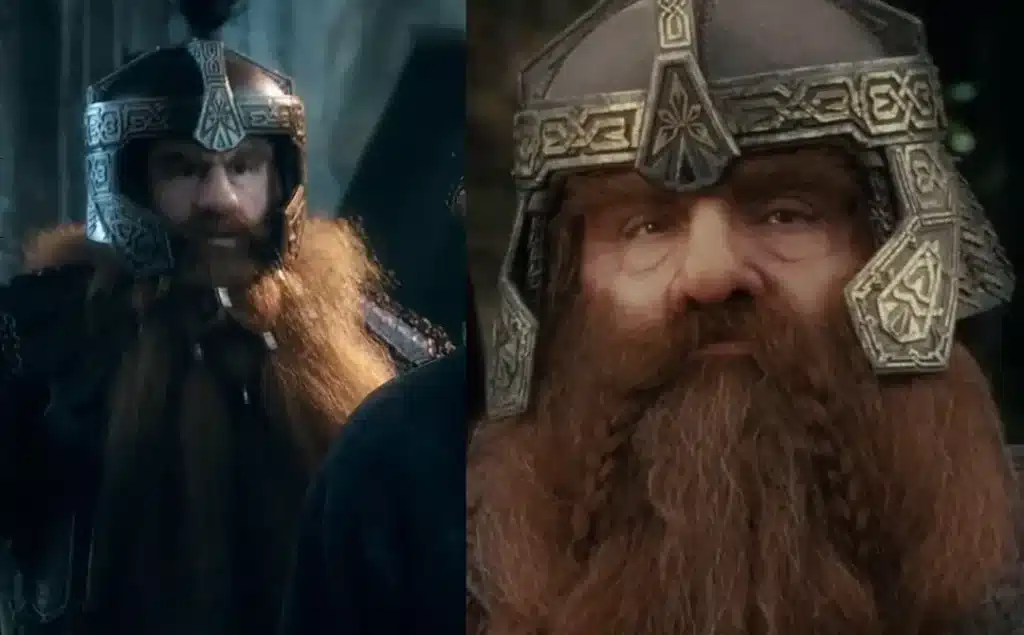
Toy Story 4
In Toy Story 4, Mr. Potato Head still speaks with Don Rickles’s voice, even though the comedian died in 2017. Pixar assembled his dialogue from more than two decades of archival recordings, from movie outtakes to theme-park scripts and toy sessions.
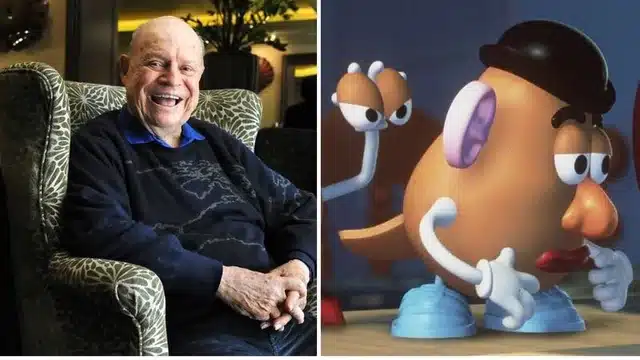
Skyfall
In Skyfall (2012), the painting on display is Amedeo Modigliani’s Woman with a Fan, which was actually stolen in 2010 and still missing today.
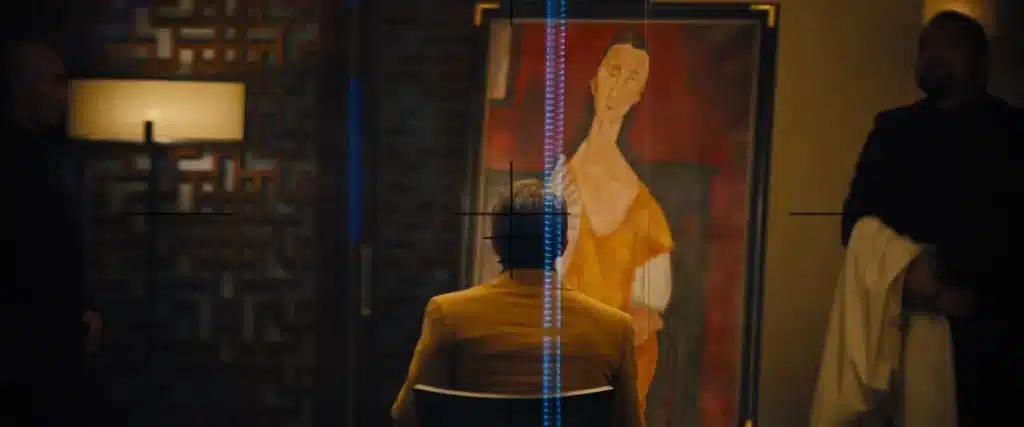
Star Wars: Return of the Jedi
In Star Wars: Return of the Jedi (1983), the Emperor’s lightning briefly exposes Darth Vader’s skeleton from multiple angles, revealing his cybernetics, including a mechanical right arm, respirator components, and at least three artificial vertebrae.
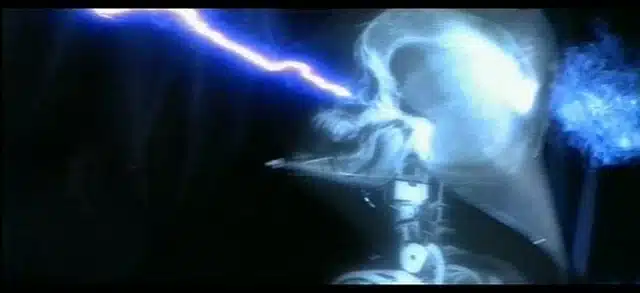
Ant-Man
Garrett Morris, who makes a cameo in Ant-Man (2015), was also the first actor to portray Ant-Man in the 1979 Saturday Night Live sketch “Superhero Party.”
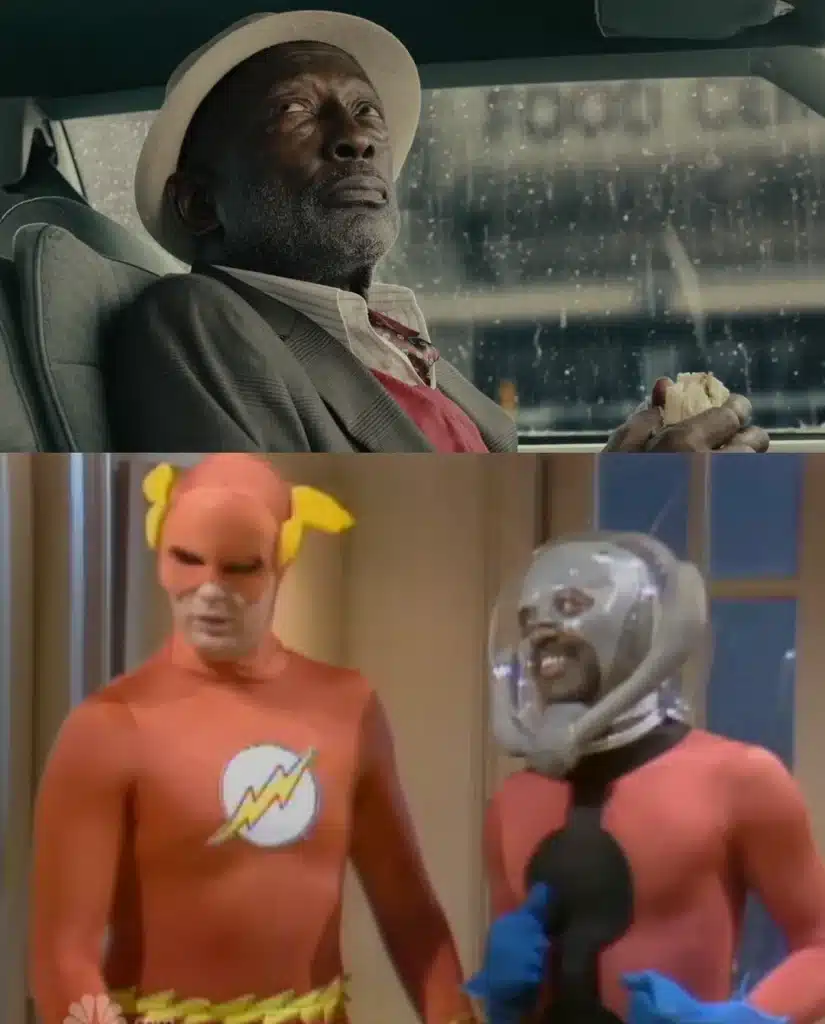
X-Men: Days of Future Past
In X-Men: Days of Future Past (2014), when Wolverine wakes in the past, the woman beside him greets him as “Jimmy” rather than Logan—he hasn’t yet lost his memory to the adamantium bullet, and “Jimmy” is a nod to his birth name, James Howlett.
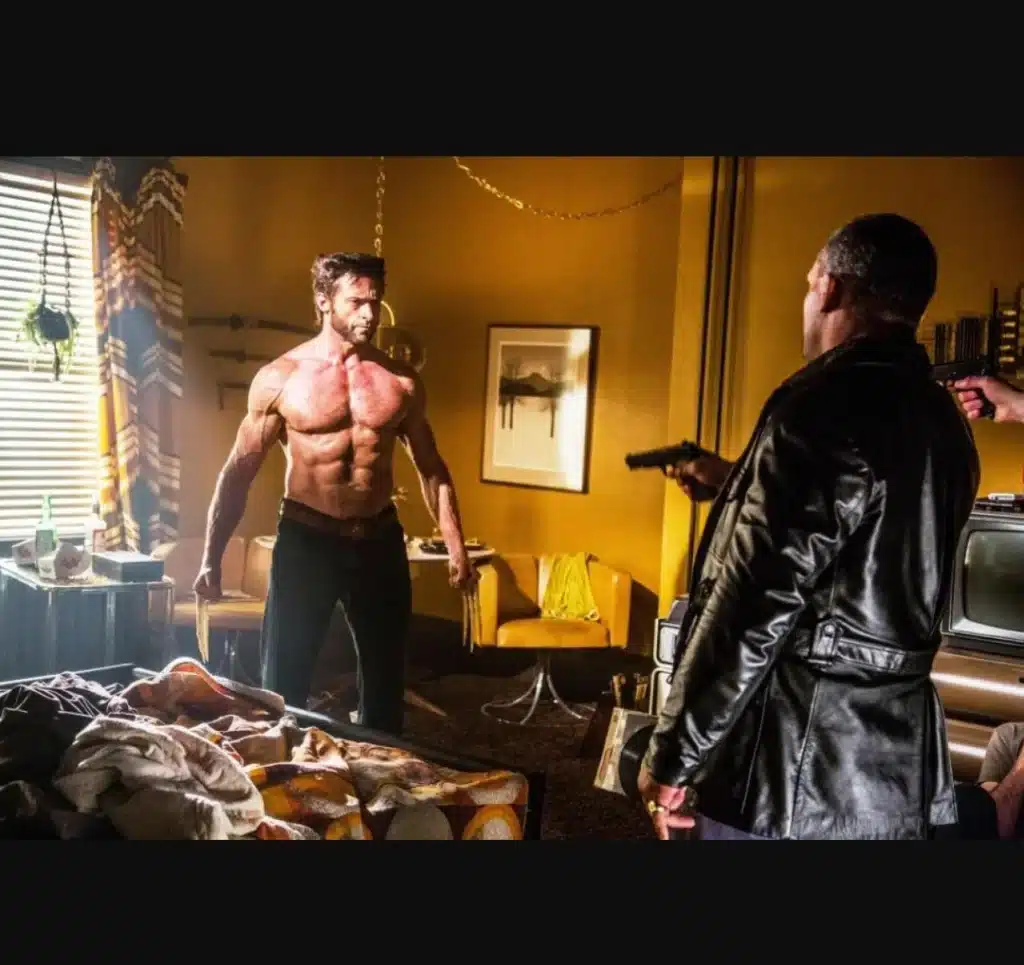
Lilo & Stitch
Disney’s Lilo & Stitch (2002) is one of the few Disney features (alongside Snow White and Dumbo) to rely exclusively on watercolor backgrounds. After several box-office missteps, the main studio turned its attention elsewhere, leaving the Florida-based team to develop the film largely on its own.
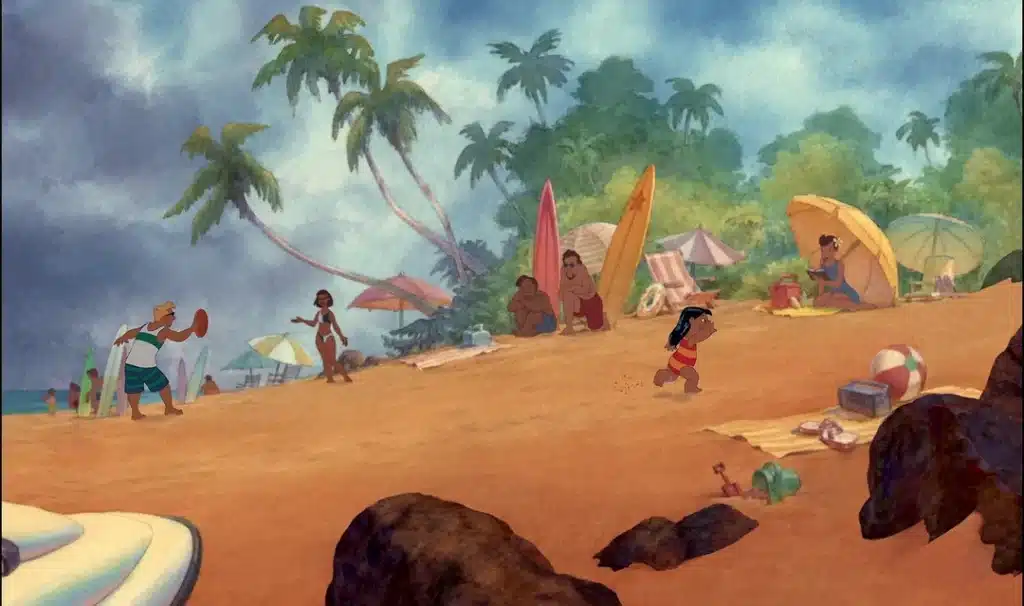
Star Wars Holiday Special
Boba Fett first appeared in the 1978 Star Wars Holiday Special, predating The Empire Strikes Back by two years, and wielded the same rifle later featured in The Mandalorian.
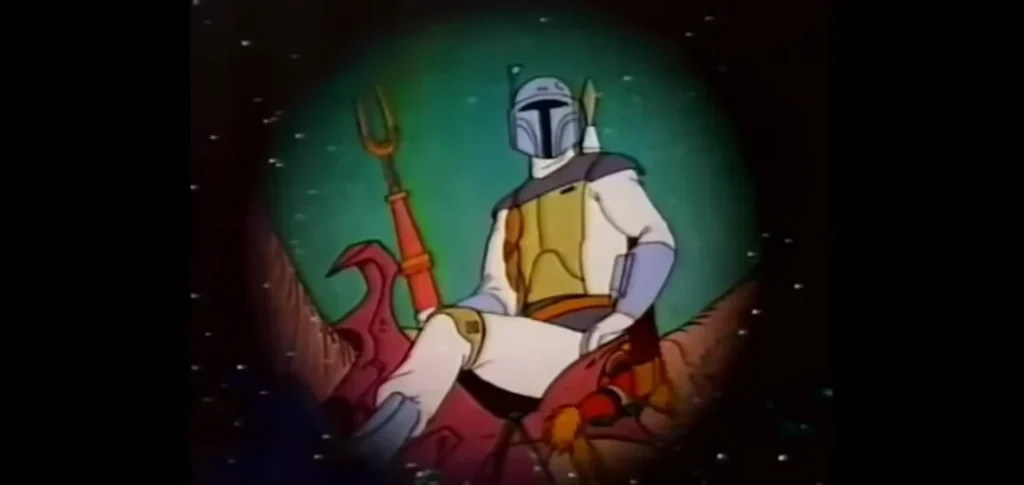
It Chapter 2
Reword In It Chapter two (2019), this skateboard has the famous carpet pattern from The Shining (1980).
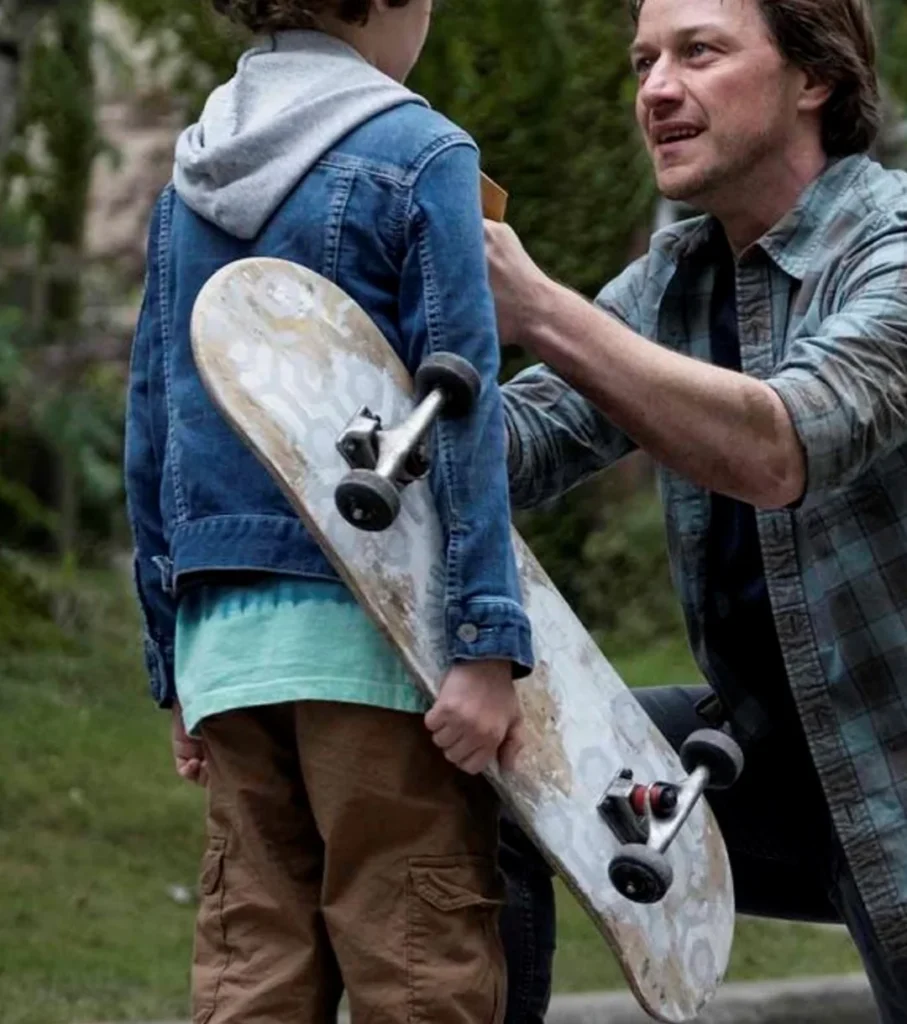
History of the World: Part 1
In History of the World: Part I (1981), Moses descends Mount Sinai with three tablets listing 15 Commandments, but he drops one, reducing the total to 10. The inscriptions are authentic Hebrew, and the “lost” 15th commandment states, “Thou shalt not break.”
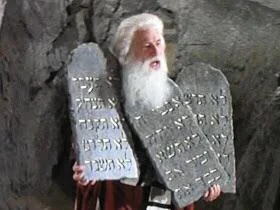
James Bond
A recurring extra pops up in three Bond movies—The Spy Who Loved Me (1977), Moonraker (1979), and For Your Eyes Only (1981)—witnessing Bond’s exploits before staring at his drink in stunned disbelief.

Batman Returns
In Batman Returns (1992), Batman’s eye color shifts just before he removes his mask.
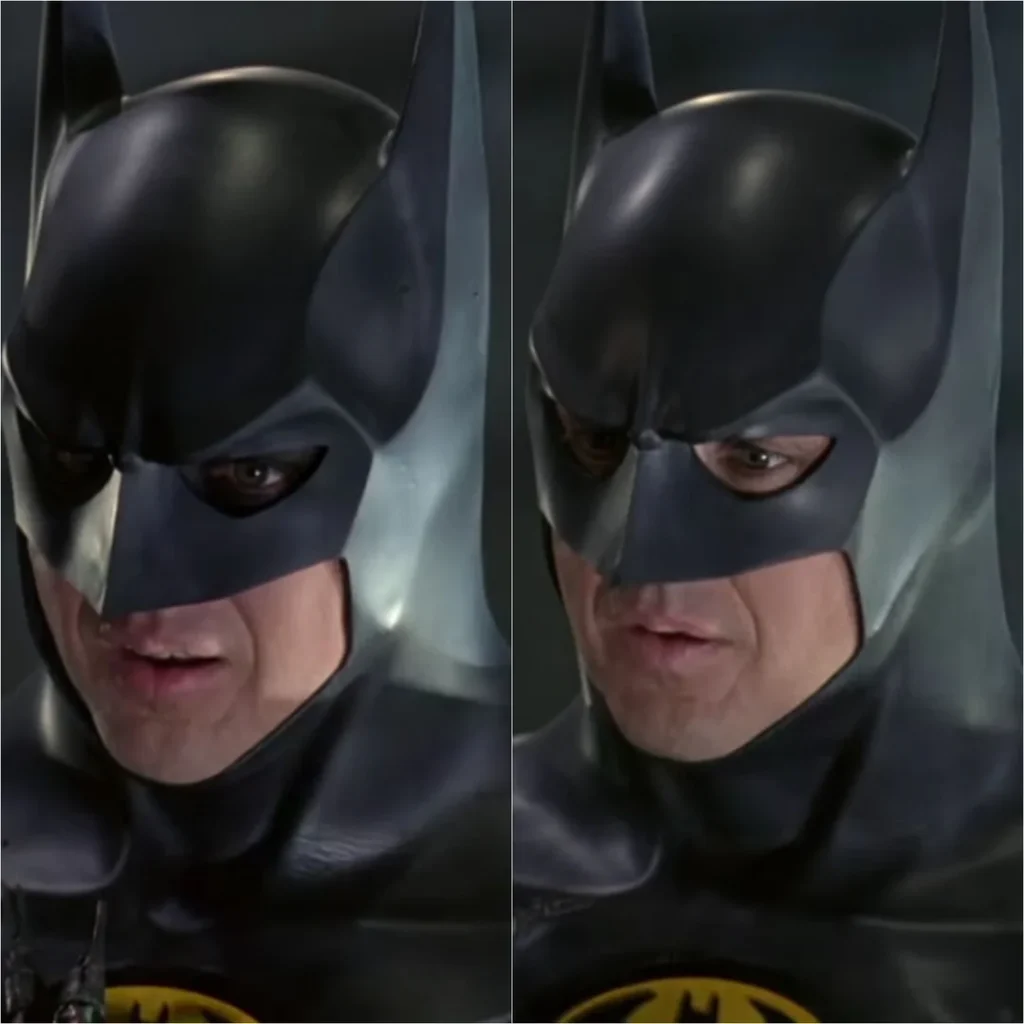
Aladdin
In Aladdin (1992), a Lamassu statue appears in the Genie’s cave, reinforcing theories that Agrabah sits on ancient Sumerian land—and raising the playful notion that the Genie’s previous master could have been an Anunnaki giant.
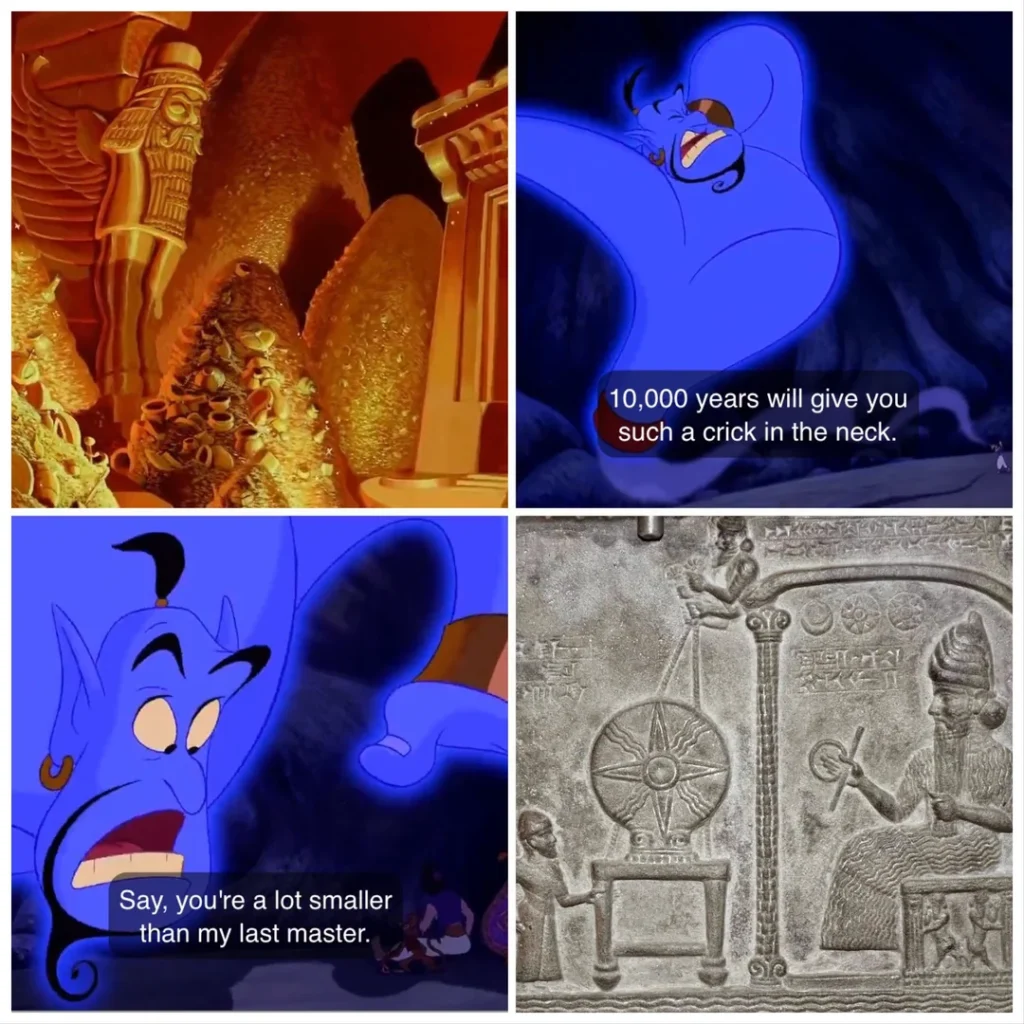
Moana
In Moana (2016), a rug carried by the islanders sports the identical pattern found on Aladdin’s magic carpet in the 1992 classic.
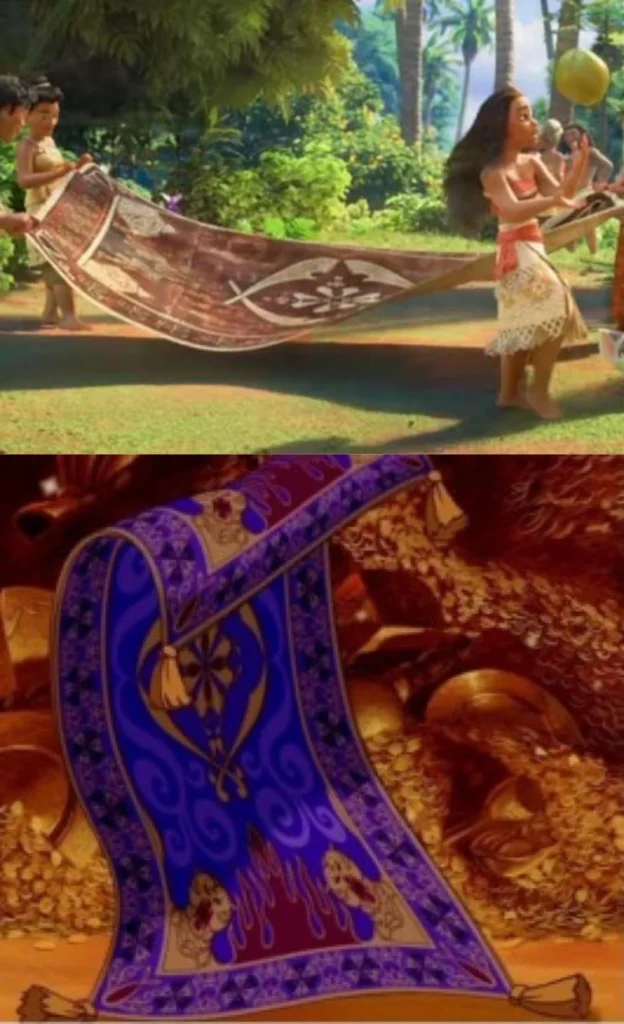
Monty Python and the Holy Grail
Michael Palin proposed the coconut gag in Monty Python and the Holy Grail (1975) after the production team realized they couldn’t afford real horses.
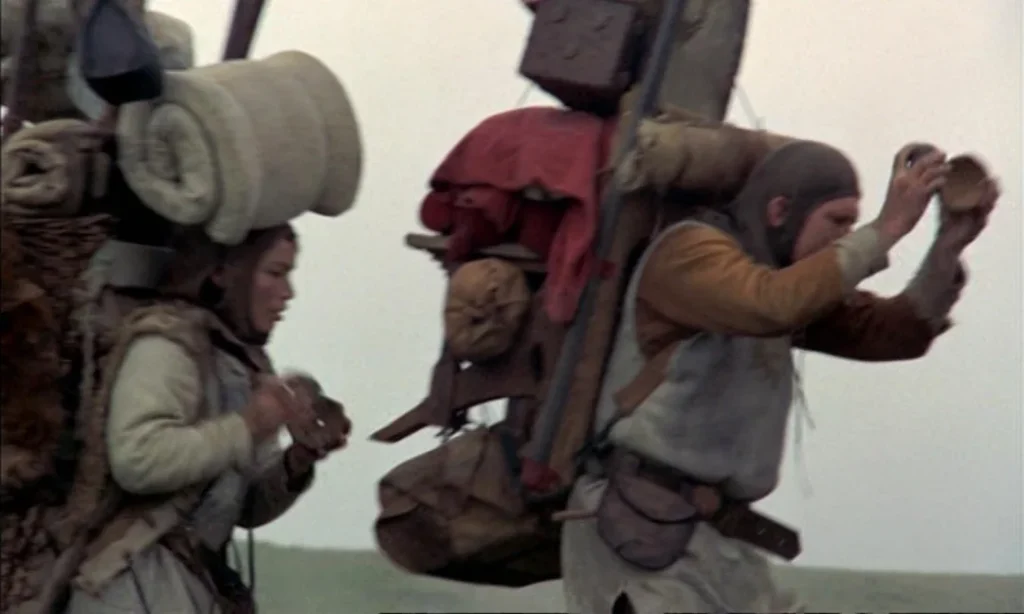
One Flew over the Cuckoo’s Nest
In One Flew Over the Cuckoo’s Nest (1975), Martini (Danny DeVito) is a former wartime pilot whose plane was shot down and sank into the ocean. Whenever tension mounts, he props his feet on his chair as if the water is rising around him like he’s still strapped into a cockpit.
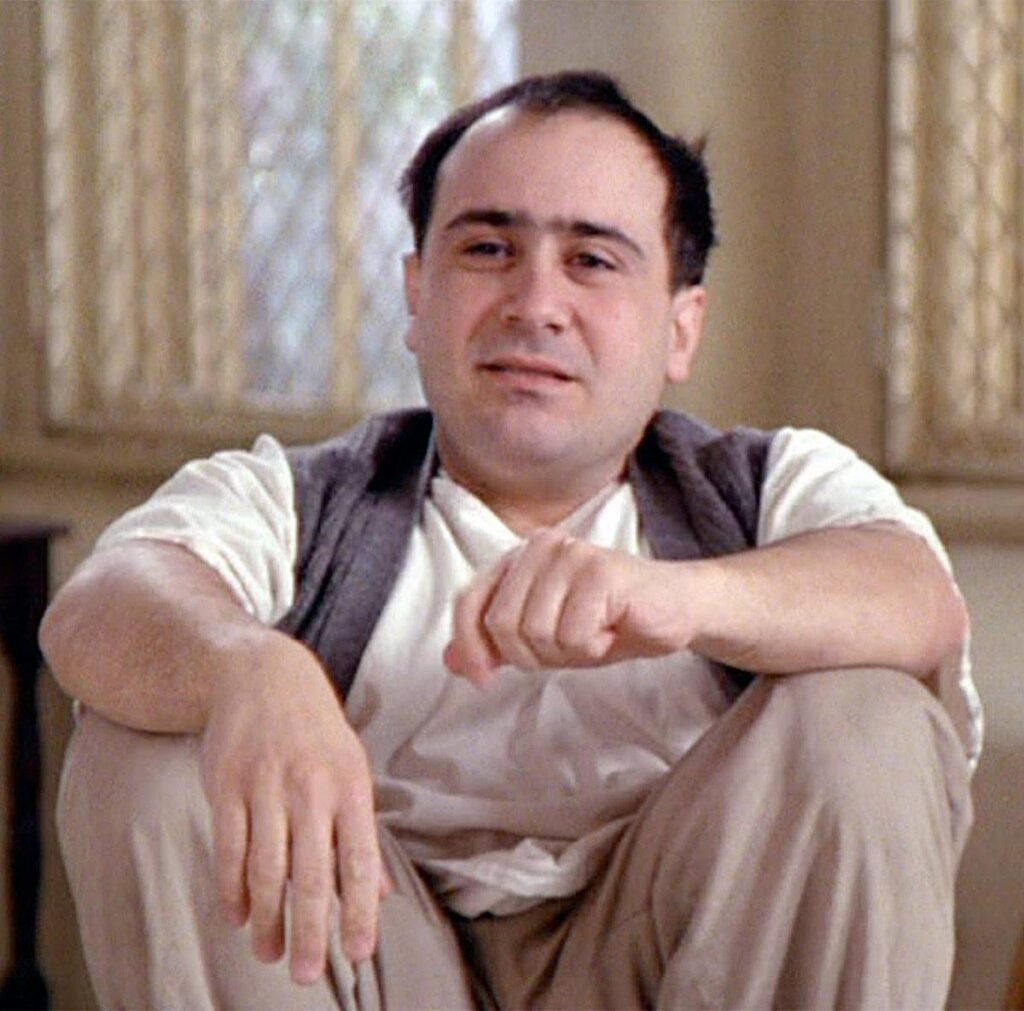
Jaws
In Jaws (1975), the TV reporter is portrayed by Peter Benchley, who wrote the novel.
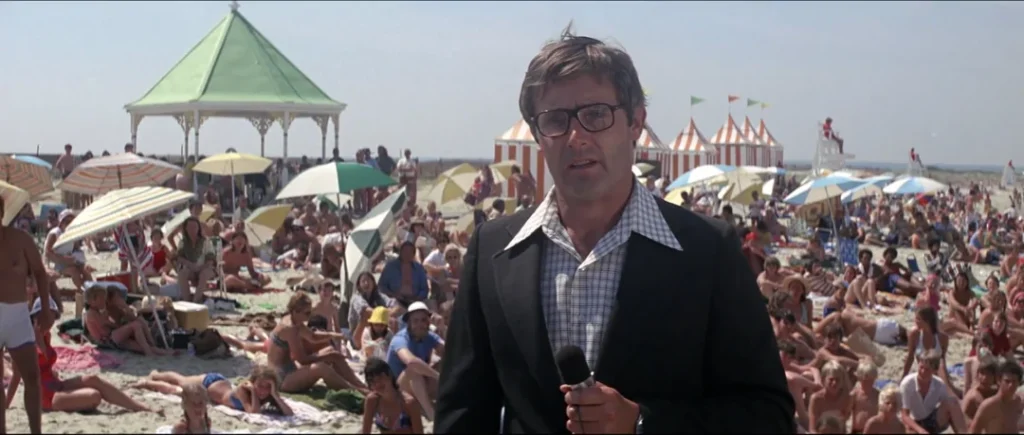
A Star is Born (1976)
In A Star Is Born (1976), Barbara Streisand dressed in her own wardrobe—so much so that the end credits even state, “Ms. Streisand’s clothes from… her closet.”
